If you're a renter in the position to buy, the renting versus buying question is likely one you’ve asked yourself many times. This article drills down on buying under current market conditions and explores the pros and cons of buying in any market.
In this article:
Current Market Conditions for Financed Buyers
A few years ago, as mortgage rates dipped to all-time lows while rents soared, buying was, for most New Yorkers in the position to do so, a favorable option. After all, many New Yorkers who bought in 2020 to early 2022 were able to lock into 30-year mortgages with rates at or below 3 percent, which left them with monthly housing costs at or below market rental rates. Some buyers who bought in 2020 to early 2021 also purchased homes under market value and have already seen their property values increase. Best of all, New Yorkers who transitioned out of the rental market between 2020 and 2022 also were able to avoid a rental market that has recently broken previous city records for low inventories and high median rents. But that was then, and this is now, and a lot can change in just a few short years.
In 2024, prospective buyers encounter a significantly disrupted market. Mortgage rates have more than doubled since 2022, leading to approximately $2,000 in extra monthly costs for a modest apartment priced under $1 million with a 20 percent down payment. Many buildings have raised fees due to inflation, further increasing the financial burden. Additionally, despite the surge in mortgage rates causing some buyers to delay purchasing plans, inventory levels have not necessarily increased, exacerbating the situation for potential buyers, especially first-timers. Consequently, buyers relying on financing face a historically unprecedented market characterized by high mortgage rates, low inventory, and soaring home values.
In Manhattan, another challenge awaits potential buyers in the form of an unusually high percentage of cash-only transactions. This means that even if a buyer can manage a 20 percent down payment, they may struggle to compete with cash buyers, adding another layer of complexity to an already challenging market landscape.
Despite the additional challenges facing buyers in the current market, especially those entering for the first time and anyone relying on higher levels of financing, there are still pros and cons to buying in any market.
Pros and Cons of Buying versus Renting
Pros
• Predictable Housing Cost
If you buy and lock in to a 30-year mortgage at a fixed rate, you'll always know how much your monthly housing cost will be. While your fees will fluctuate over time, and you might be able to renegotiate your mortgage to secure a lower rate, there is one thing you can take for granted as a buyer that you can't as a renter—the fact that your core monthly housing cost won't rise. With inflation, this also means that you'll be paying proportionately less the longer you hold onto your property.
• Long-term Investment
New York City real estate has historically proven to be an excellent investment that nearly always yields a strong return. Due to high transfer taxes (and in some coops, high flip taxes), you might not realize a strong return if you buy and flip a property in a short period of time, but in most cases, properties held for even five to seven years do yield a favorable return and properties held for longer often offer buyers an enviable return. But the benefits of owning aren't just beneficial if and when you buy. Having equity in a property can also be advantageous if and when you need to tap into funds to cover a high-cost expense (e.g., sending a child to college).
• Generational Wealth
It goes without saying that one of the main reasons to invest in property is to build generational wealth. Indeed, the ability to buy and bequeath property to one's heirs has been found to be a critical factor in upward mobility.
Cons
• Cost
In some markets, including New York City’s sky-high 2024 rental market, renting may still be less expensive than owning. Depending on the mortgage rate and percent of financing required to buy, renting is often less expensive than buying. If you can find a rent-stabilized apartment, you can also rest assured that while your rent will go up over time, it will never double overnight, which isn't the case for market-rent apartments. Of course, this doesn't mean renting is more cost-effective in the long term since renters are unable to invest in their own residences and, in the process, build equity.
• Responsibility
While renters can’t always control when their landlords attend to major repairs, at the end of the day, landlords are legally obliged to ensure hot water is available, leaks are fixed, and appliances are humming, to list just a few of the many things they must ensure are in tip-top conditions. If you own your home, even a condo or coop, unless the problem is the responsibility of the coop (e.g., a leak in your wall that is a vertical, not horizontal, connection), you'll be on the hook for the cost of the repair. Since owners in coops and condos are responsible for attending to repairs that risk damaging the building (e.g., leaks that may compromise the building's infrastructure or damage a neighbor's apartment), whether or not you have a nest egg that can be spent down on repairs, you'll need to come up with the funds to attend to the repairs.
• Choice
Buying, especially buying on a budget, often requires one to make even more compromises than they would as a renter. For example, to enter the market, you might need to buy in a borough or neighborhood that is far from the top of your list of desirable neighborhoods or make other compromises simply to get a foothold in a highly competitive market. While renters certainly make compromises as well, they are often less significant than those made by buyers, especially financed buyers looking to enter the market for the first time.
Conclusion
So, should renters in the position to buy hold off on buying in the 2024 market? While renting is increasingly proving to be slightly more affordable than buying, that doesn't mean that renting is necessarily the best long-term choice for New Yorkers. Even in the face of 2024's high mortgage rates and housing prices, investing in New York City property is likely a decision that will yield a strong return over time.
Would you like to tour any of these properties?
Just complete the info below.
Or call us at (212) 755-5544
Featured Listings with Low Monthlies Available for Sale and for Rent
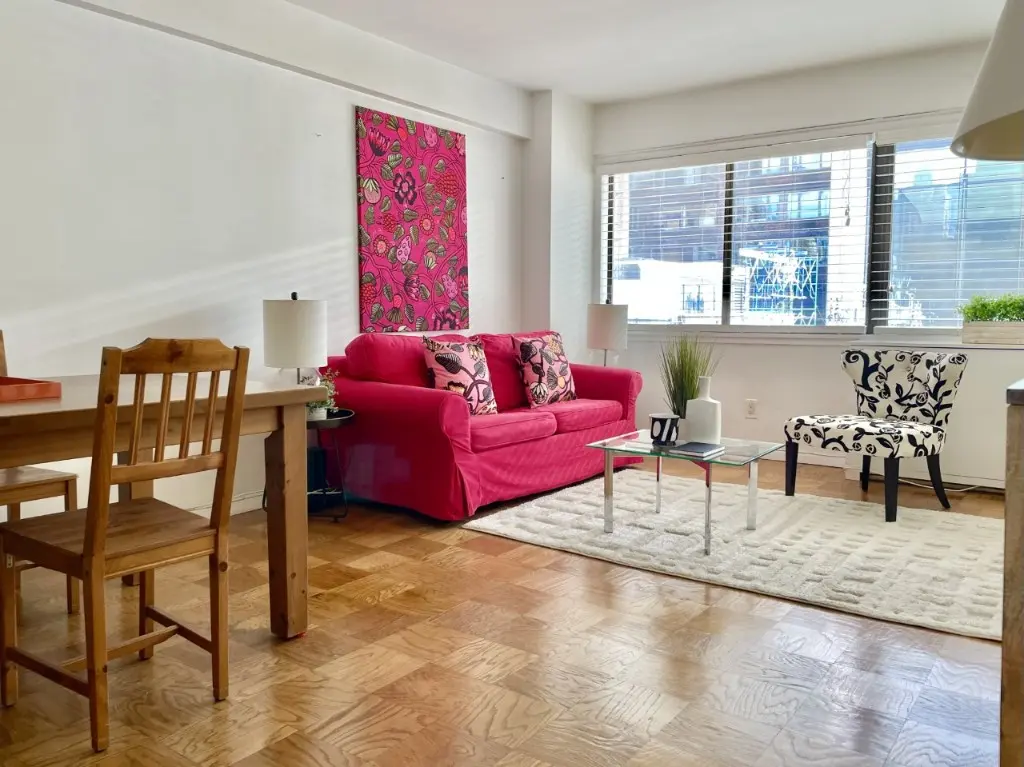
310 West 56th Street, #10E (Red Jacket Residential LLC)

310 West 56th Street, #10E (Red Jacket Residential LLC)
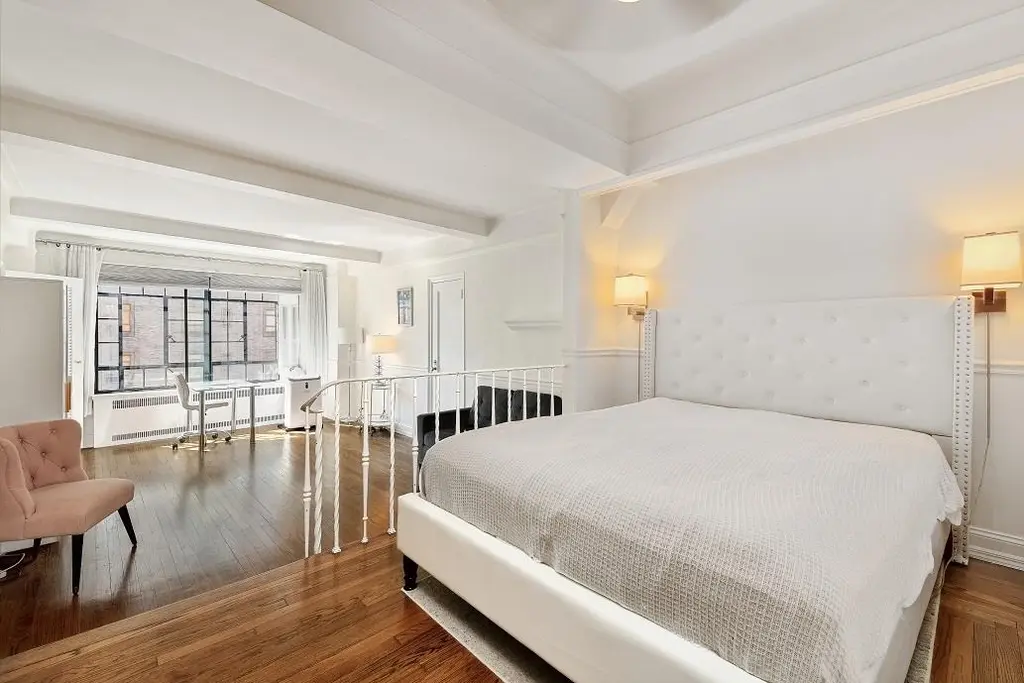
10 Park Avenue, #17C (City Connections Realty Inc)
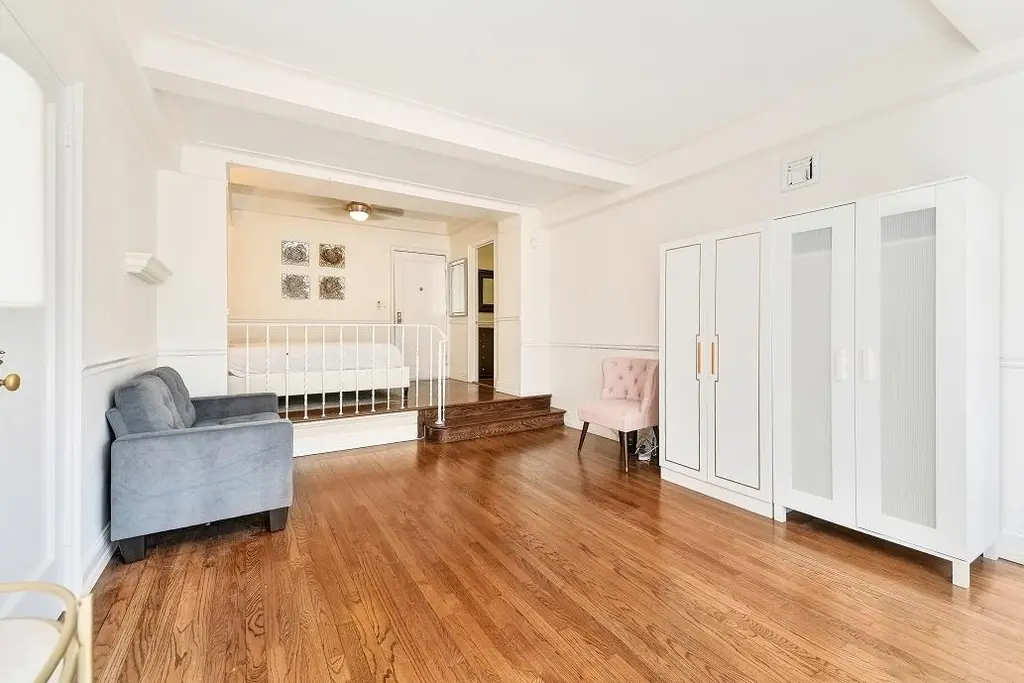
10 Park Avenue, #17C (City Connections Realty Inc)
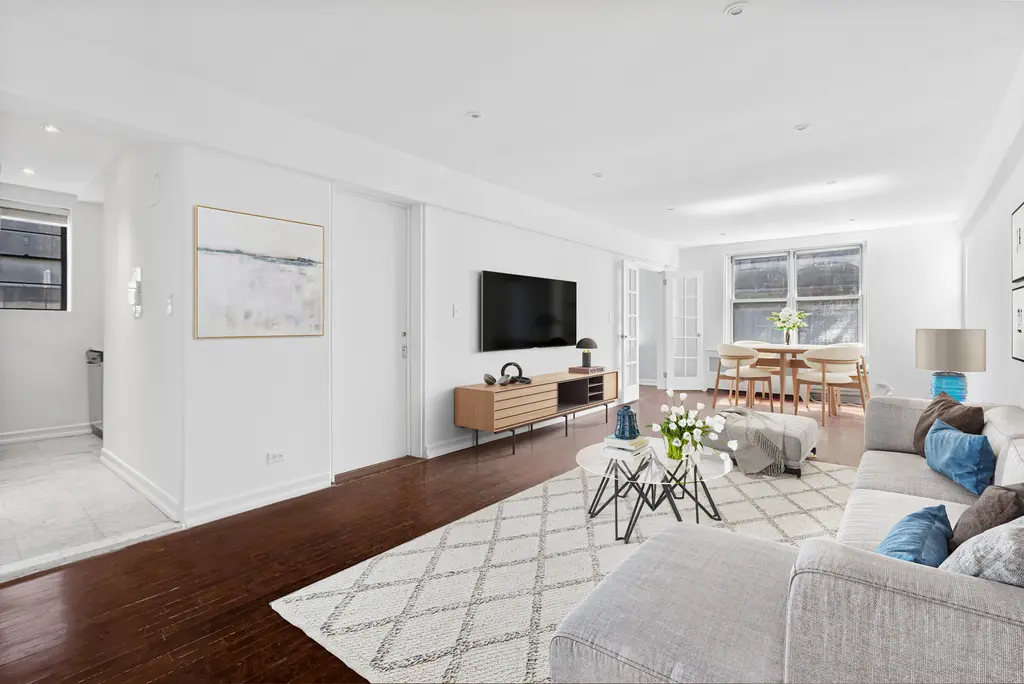
345 East 54th Street, #6G (City Sphere)
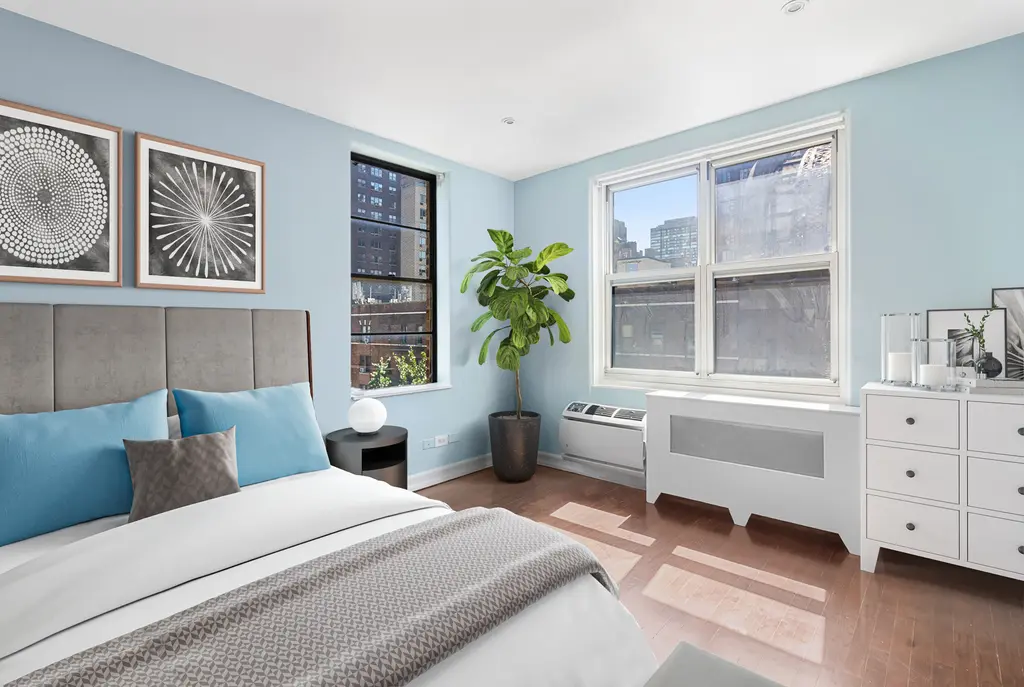
345 East 54th Street, #6G (City Sphere)
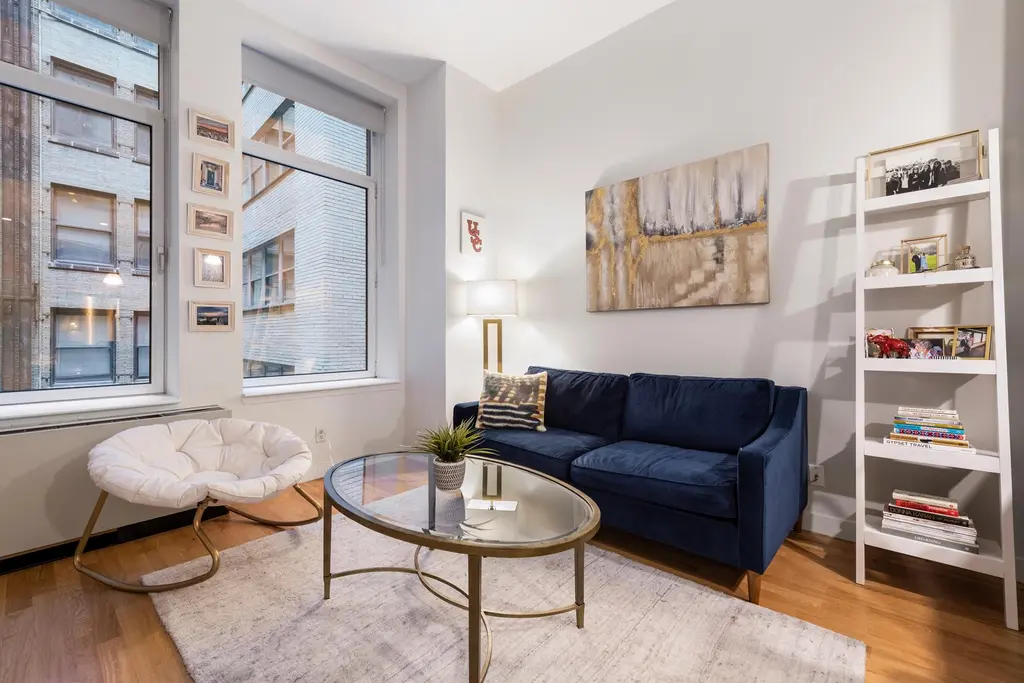
59 John Lofts, #3G (Douglas Elliman Real Estate)
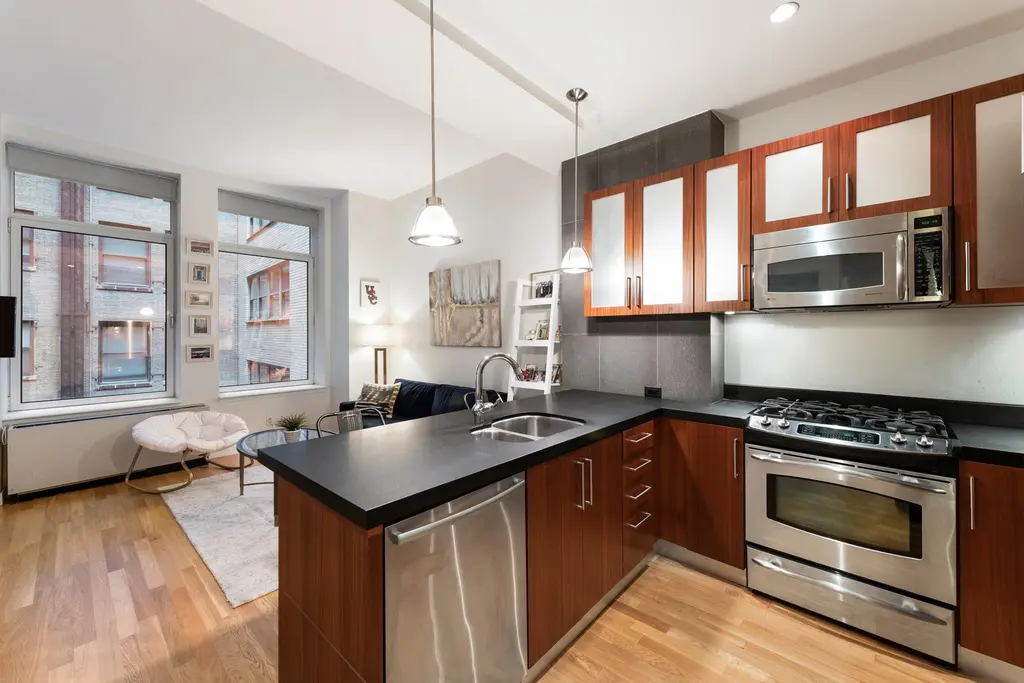
59 John Lofts, #3G (Douglas Elliman Real Estate)
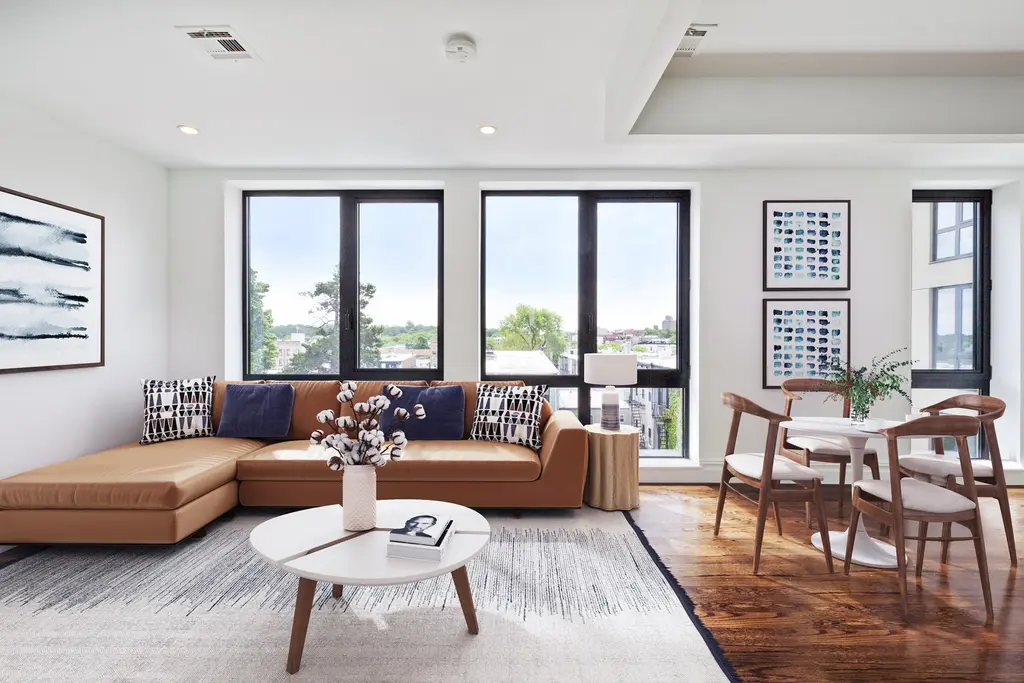
1255 Bushwick Avenue, #3E (Douglas Elliman Real Estate)
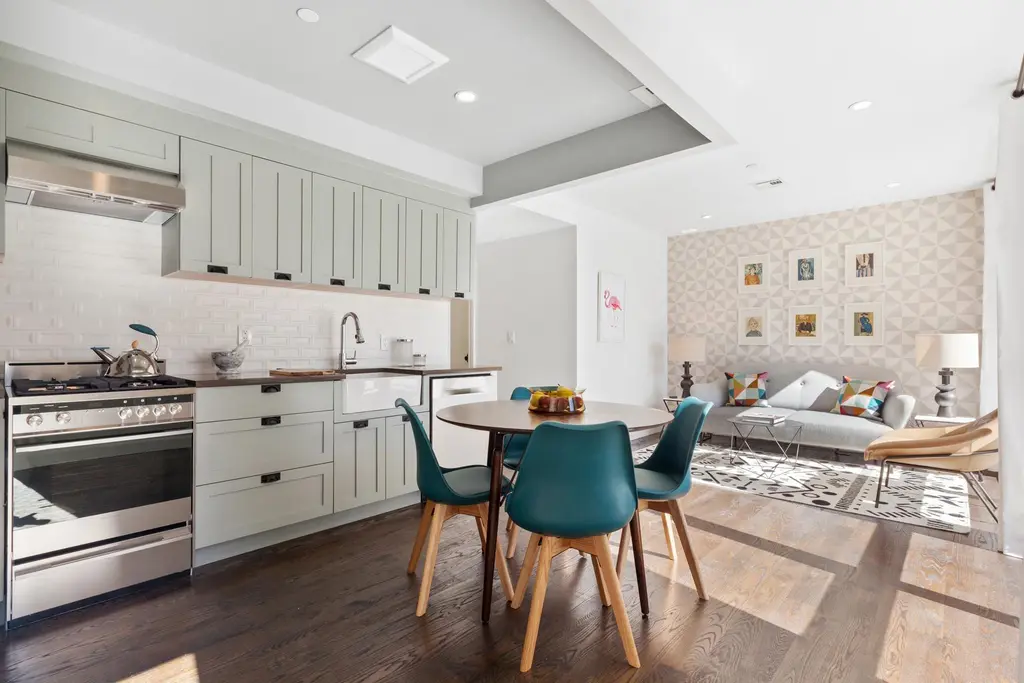
1255 Bushwick Avenue, #3E (Douglas Elliman Real Estate)
269 West 72nd Street, #16A
$649,000 (-9.2%)
Broadway Corridor | Cooperative | 1 Bedroom, 1 Bath | 620 ft2
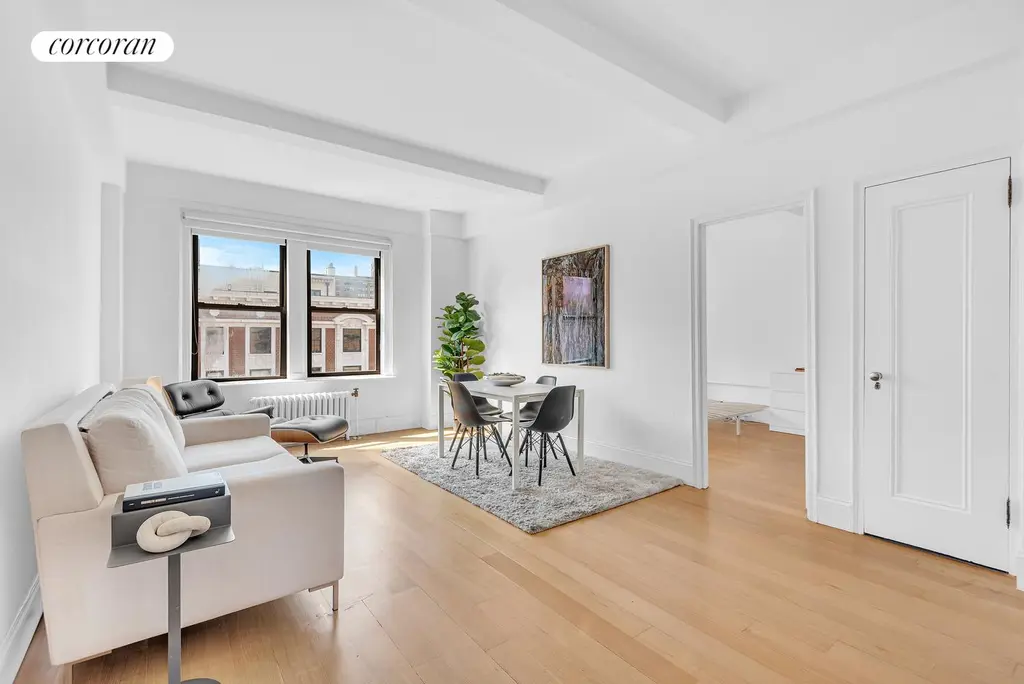
269 West 72nd Street, #16A (Corcoran Group)
269 West 72nd Street, #16A
$4,250/month
Broadway Corridor | Cooperative | 1 Bedroom, 1 Bath | 620 ft2
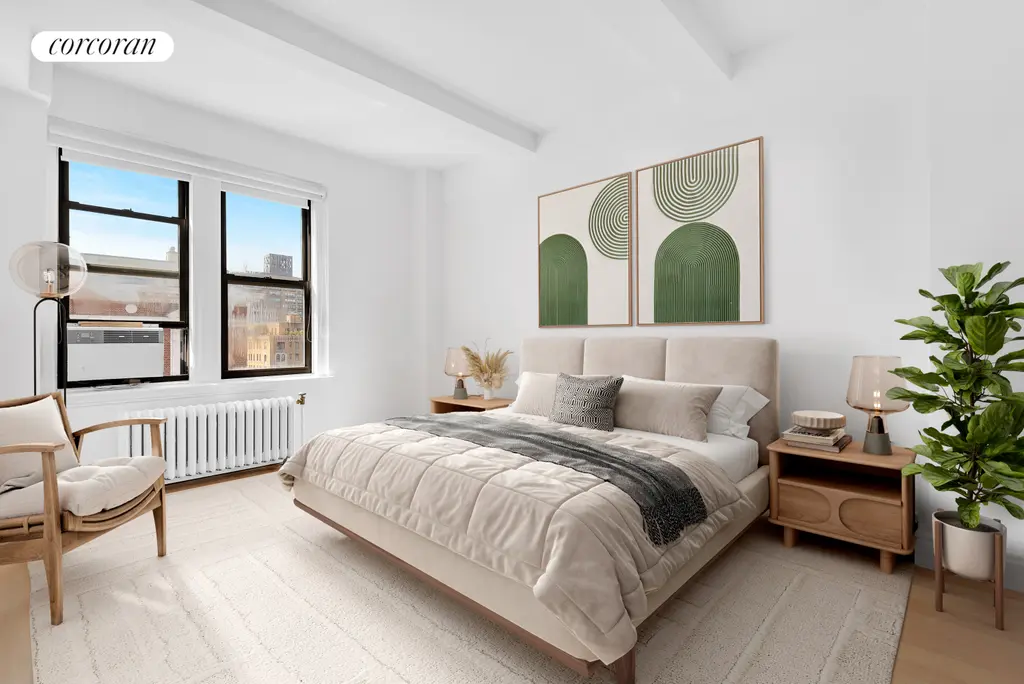
269 West 72nd Street, #16A (Corcoran Group)
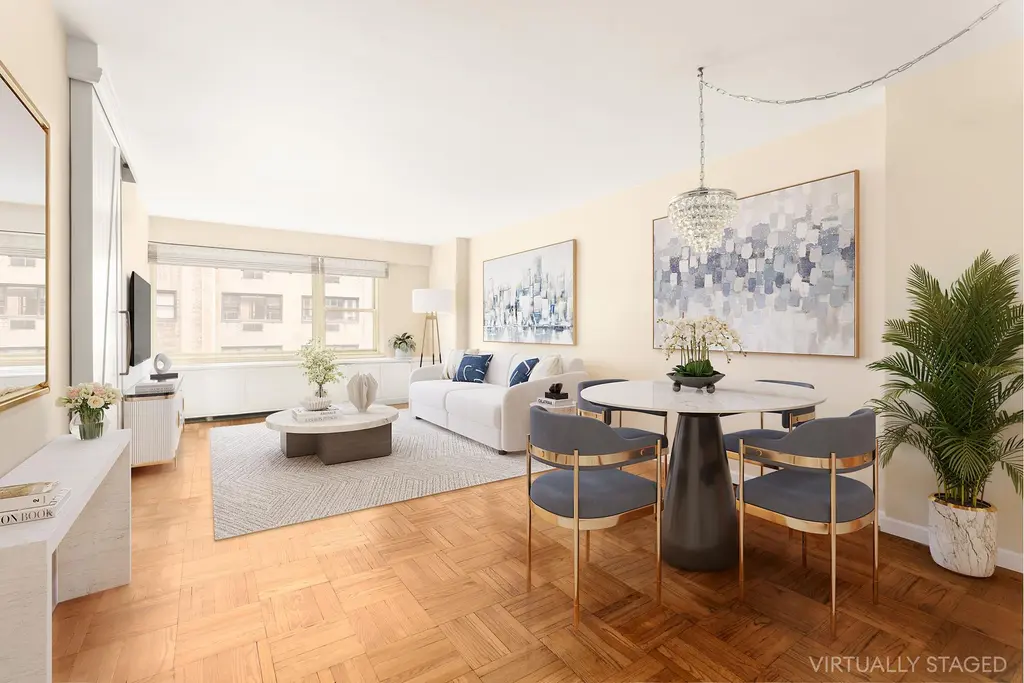
333 East 66th Street, #9C (Douglas Elliman Real Estate)
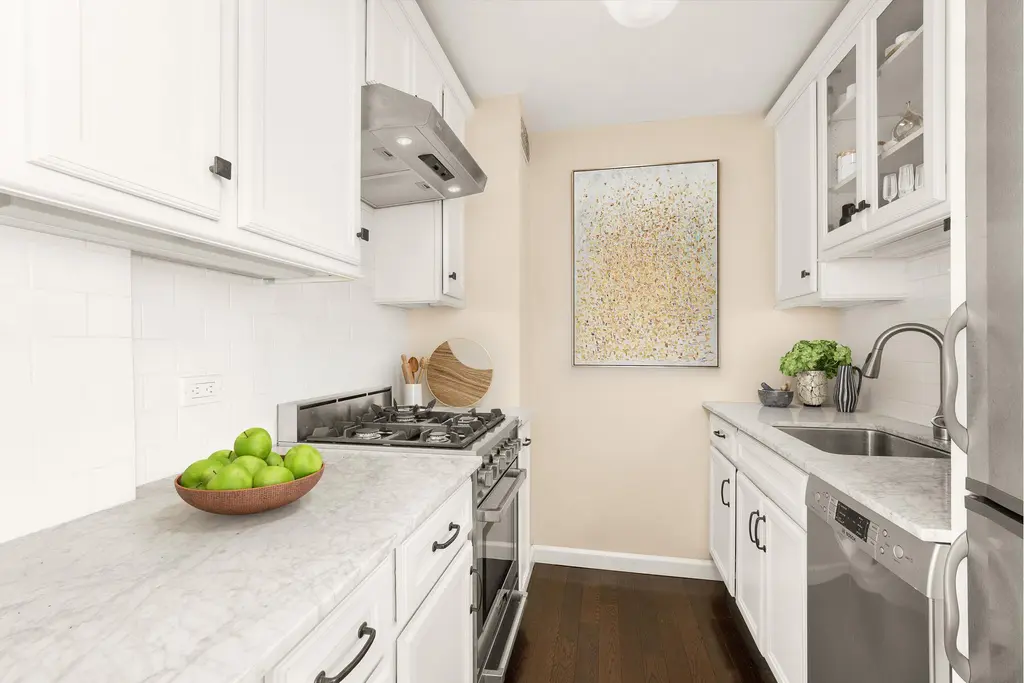
333 East 66th Street, #9C (Douglas Elliman Real Estate)

250 Mercer Street, #B907 (Serhant LLC)

250 Mercer Street, #B907 (Serhant LLC)
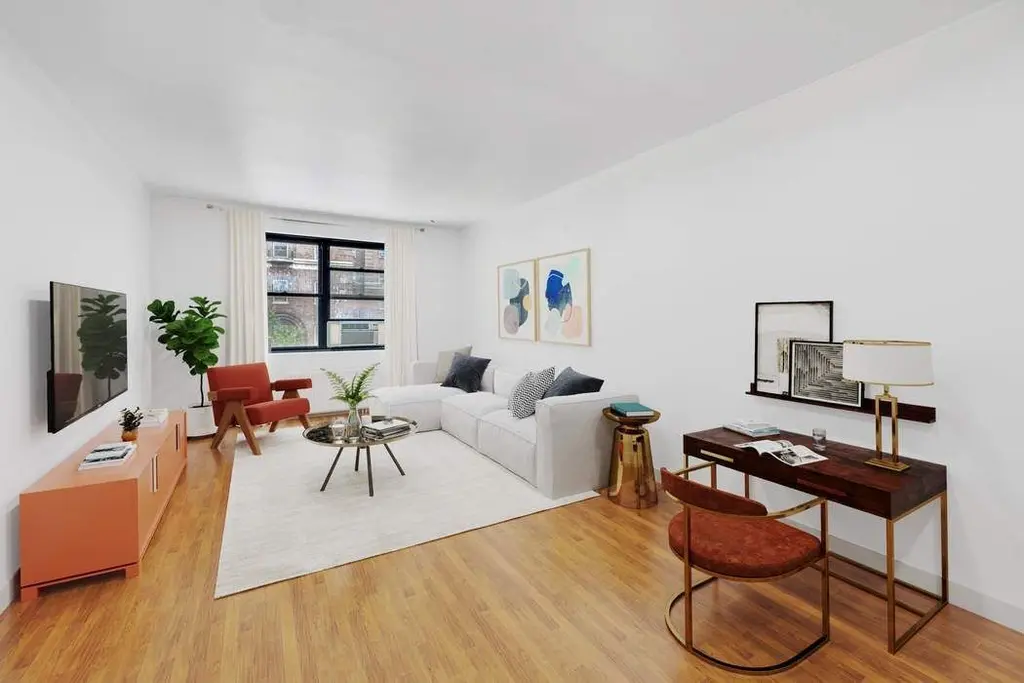
350 East 30th Street, #4R (Sothebys International Realty)
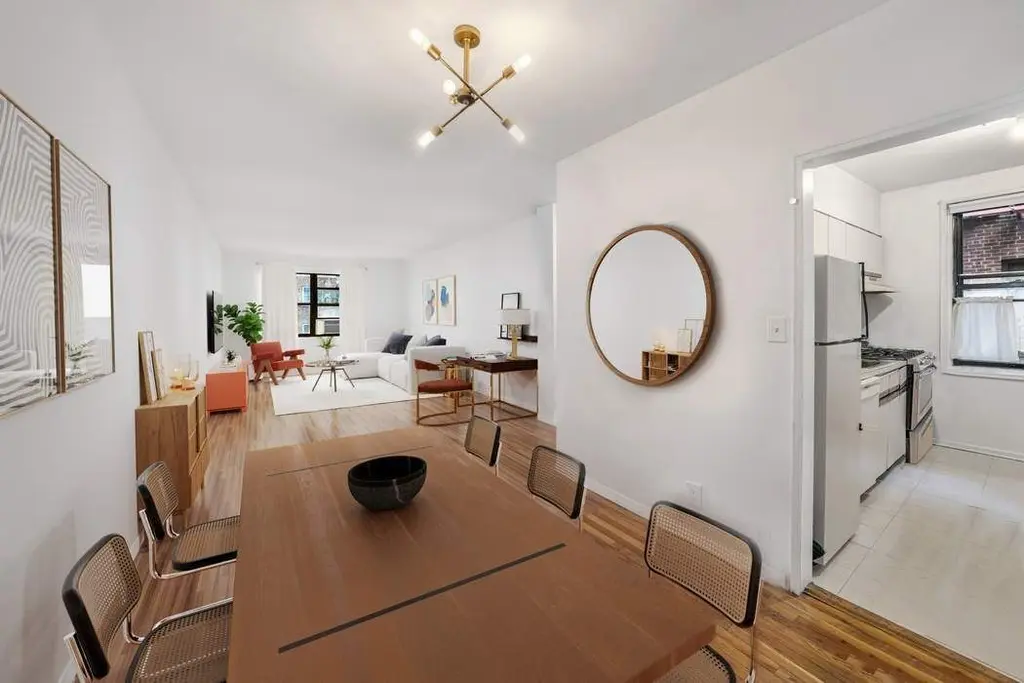
350 East 30th Street, #4R (Sothebys International Realty)
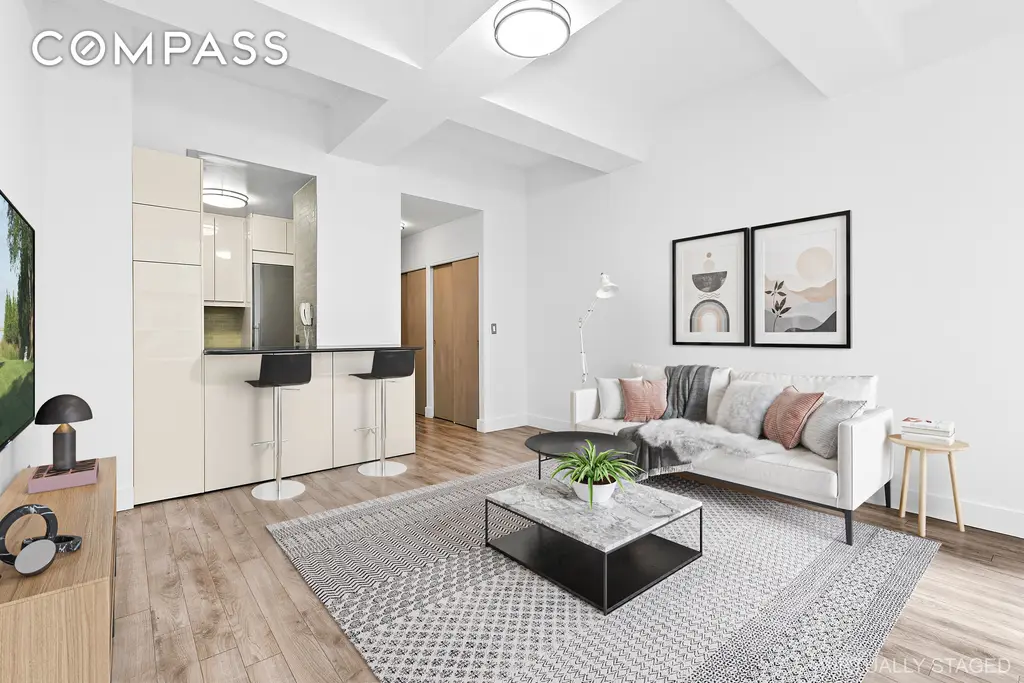
99 John Deco Lofts, #1112 (Compass)
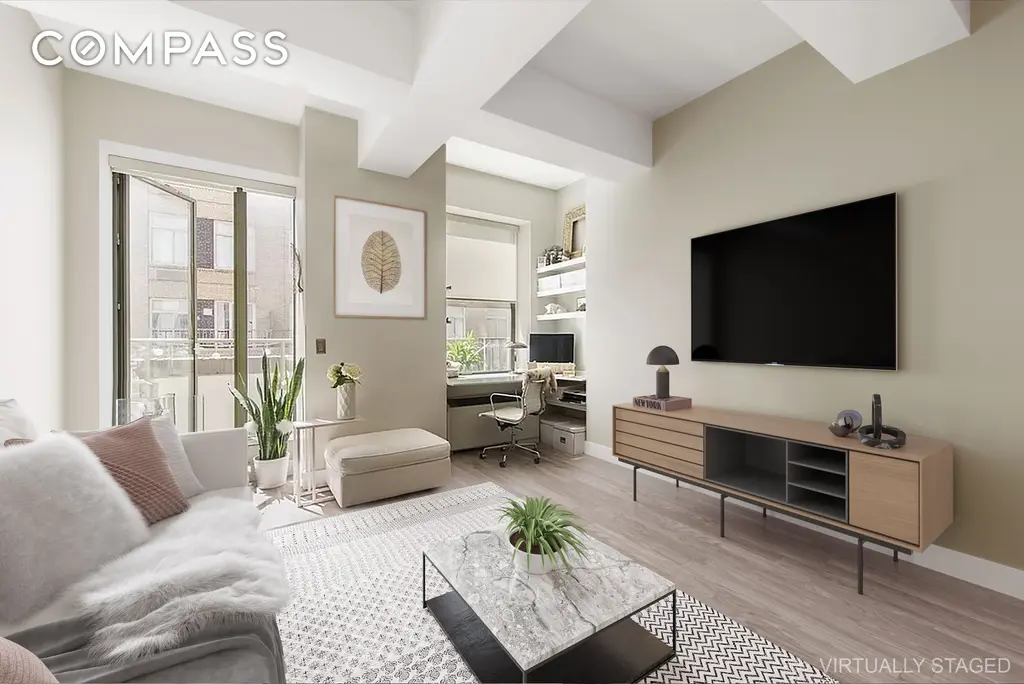
99 John Deco Lofts, #1112 (Compass)
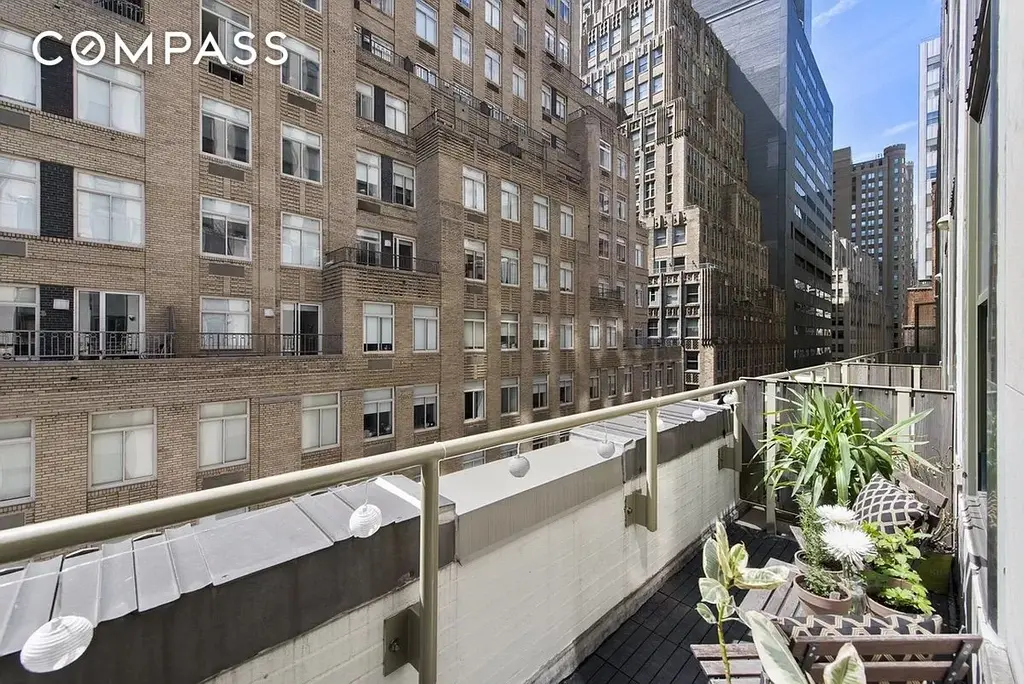
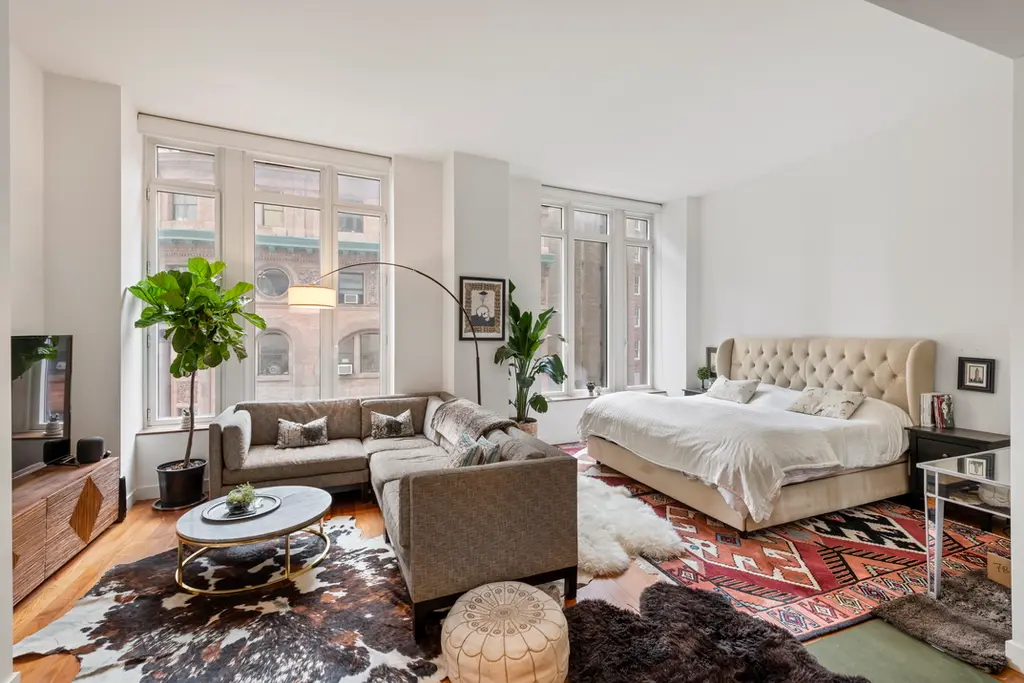
15 William NY, #7D (Serhant LLC)
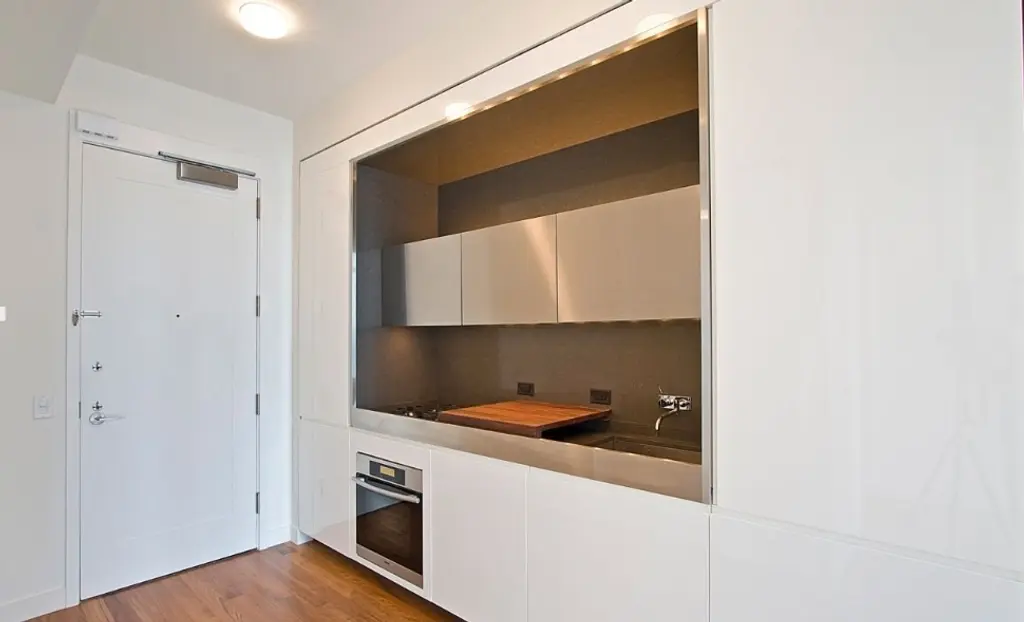
15 William NY, #7D (Serhant LLC)
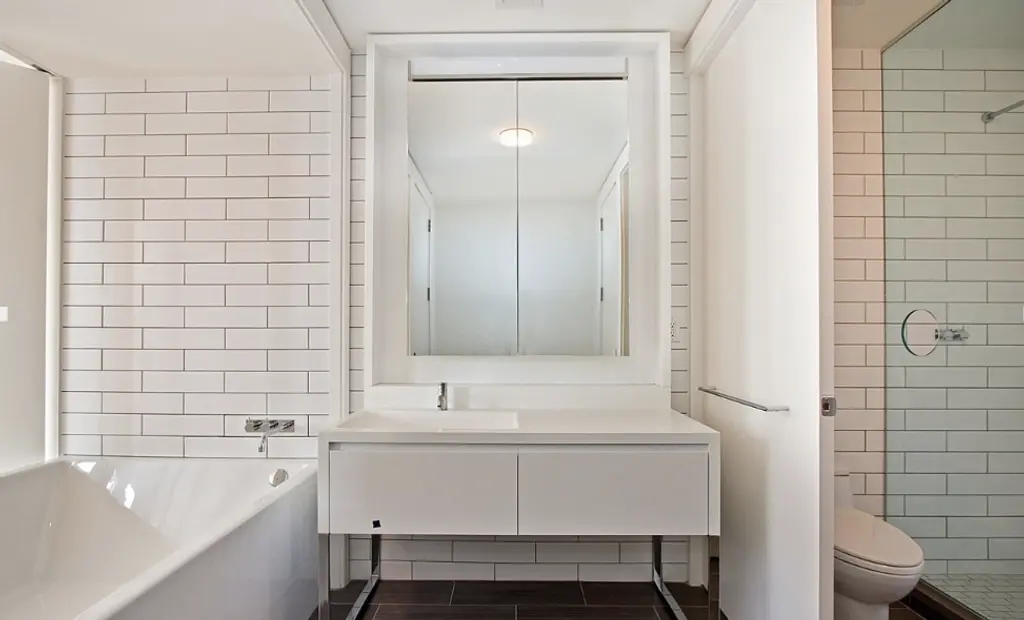
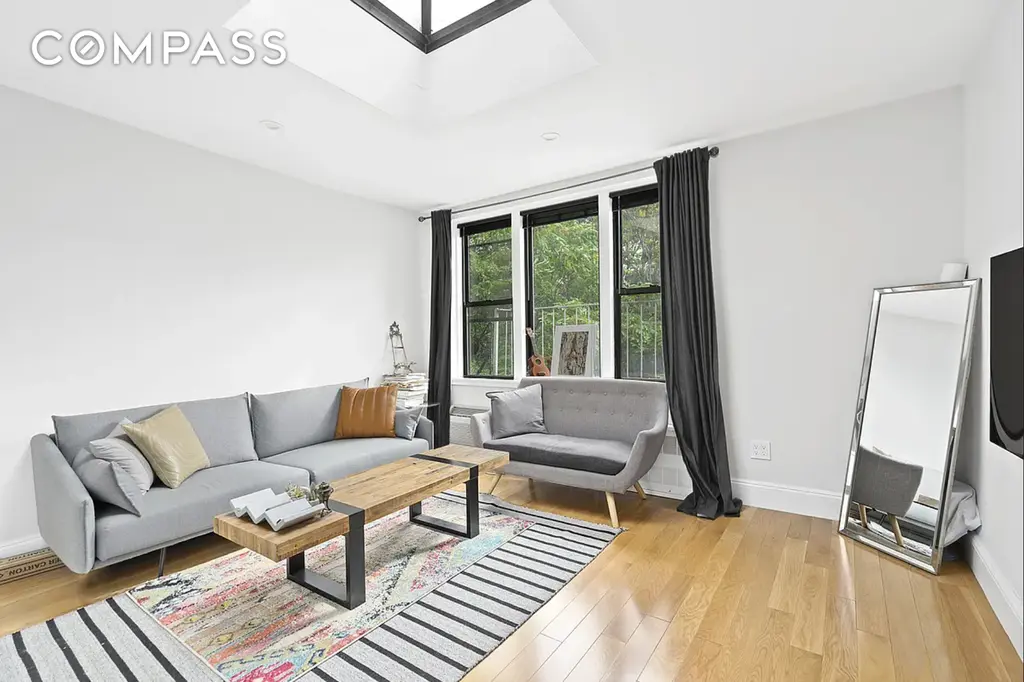
1628 Second Avenue, #6B (Compass)
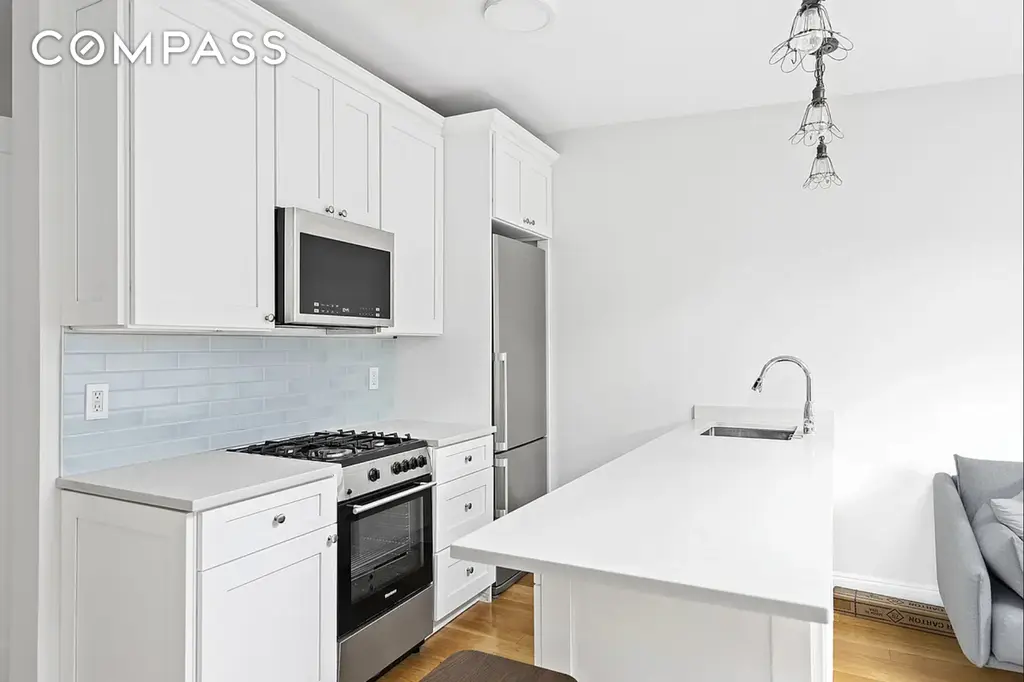
1628 Second Avenue, #6B (Compass)
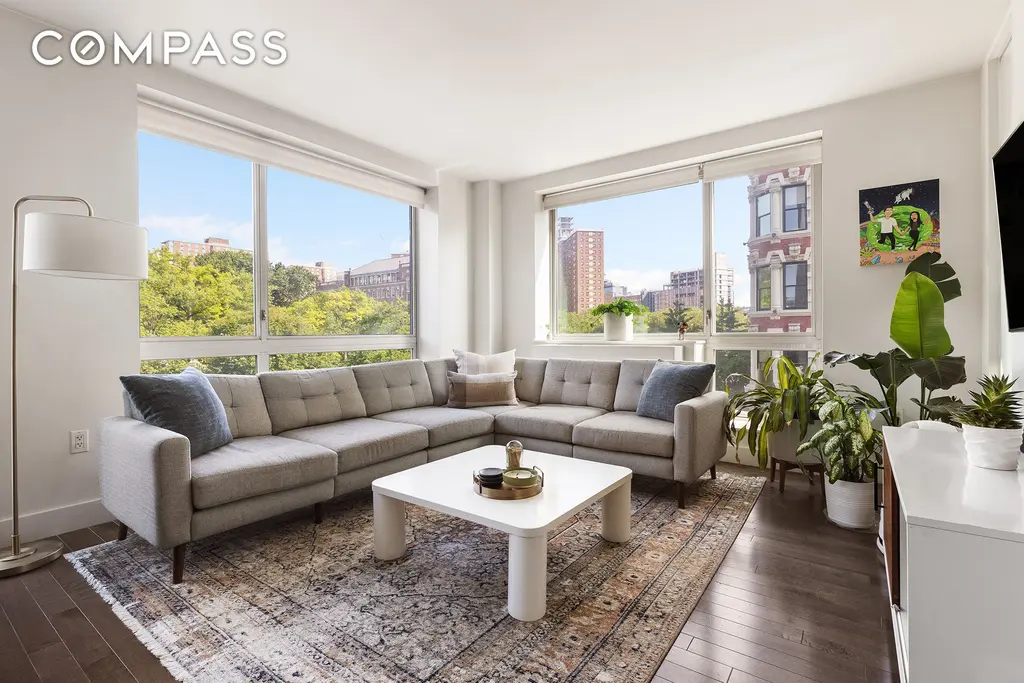
88 Morningside Avenue, #4C (Compass)
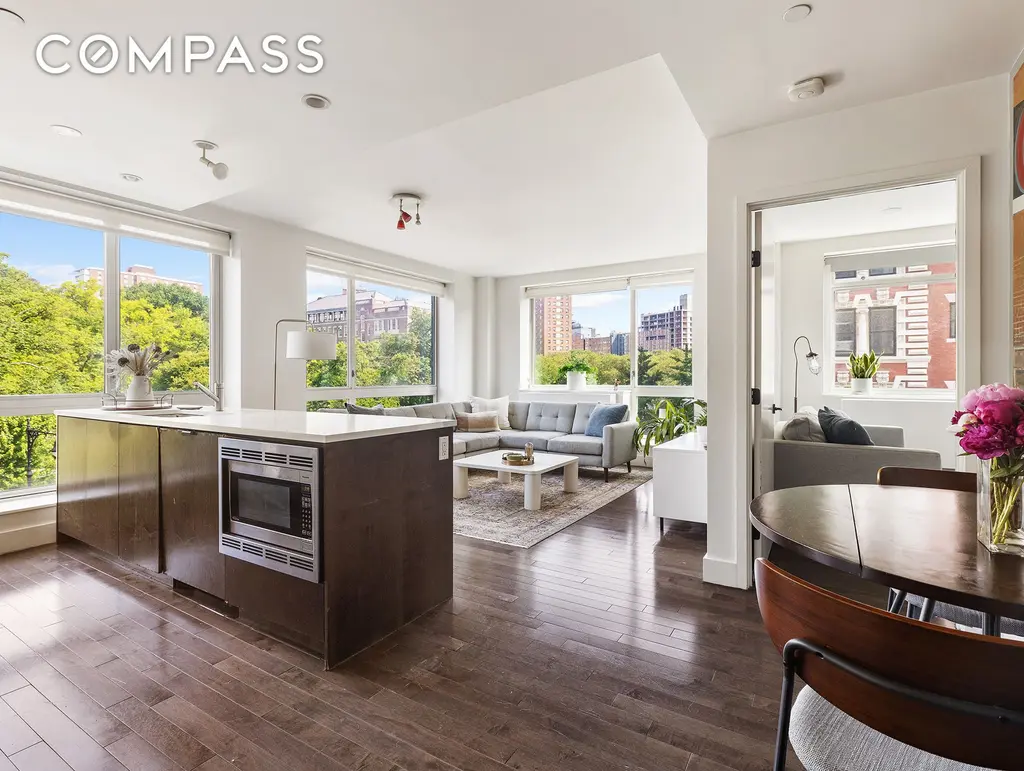
88 Morningside Avenue, #4C (Compass)
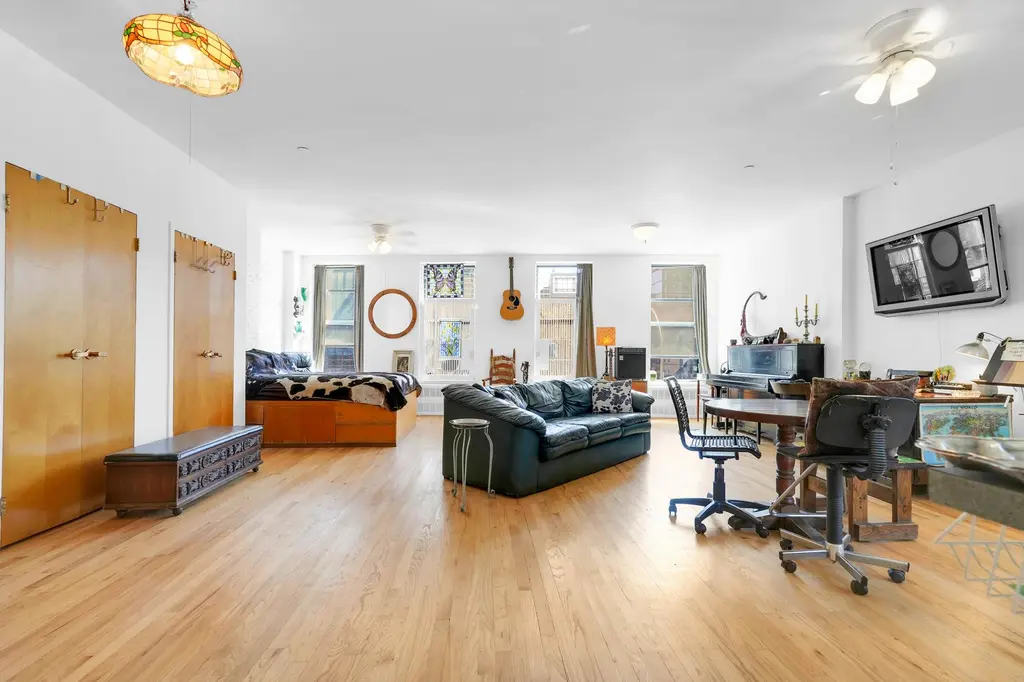
7 Second Avenue, #3C (Weichert Properties)
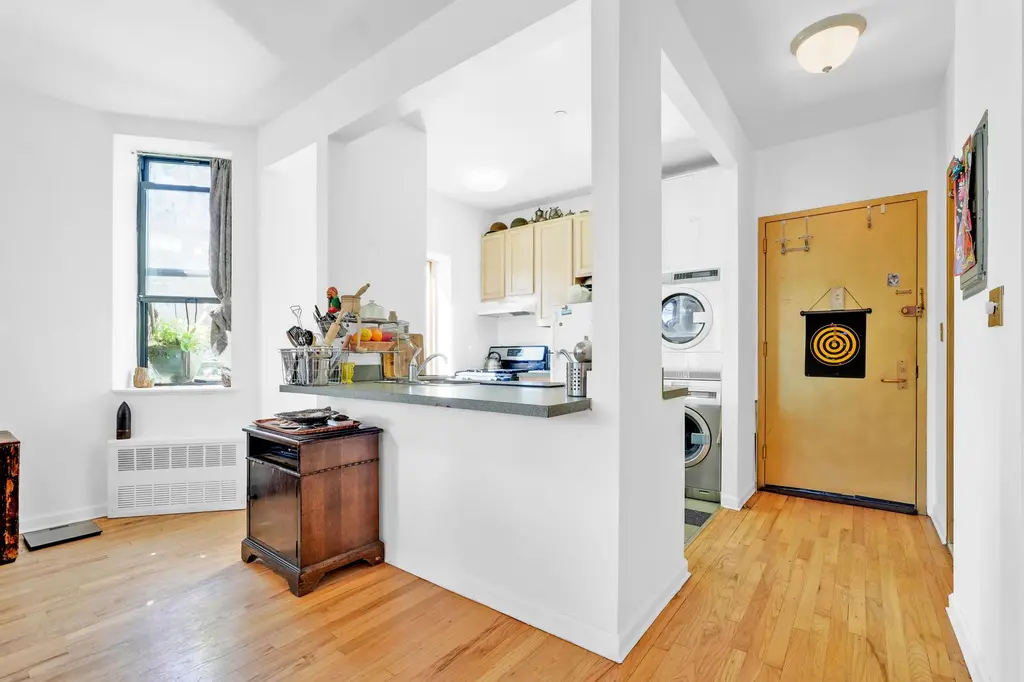
7 Second Avenue, #3C (Weichert Properties)
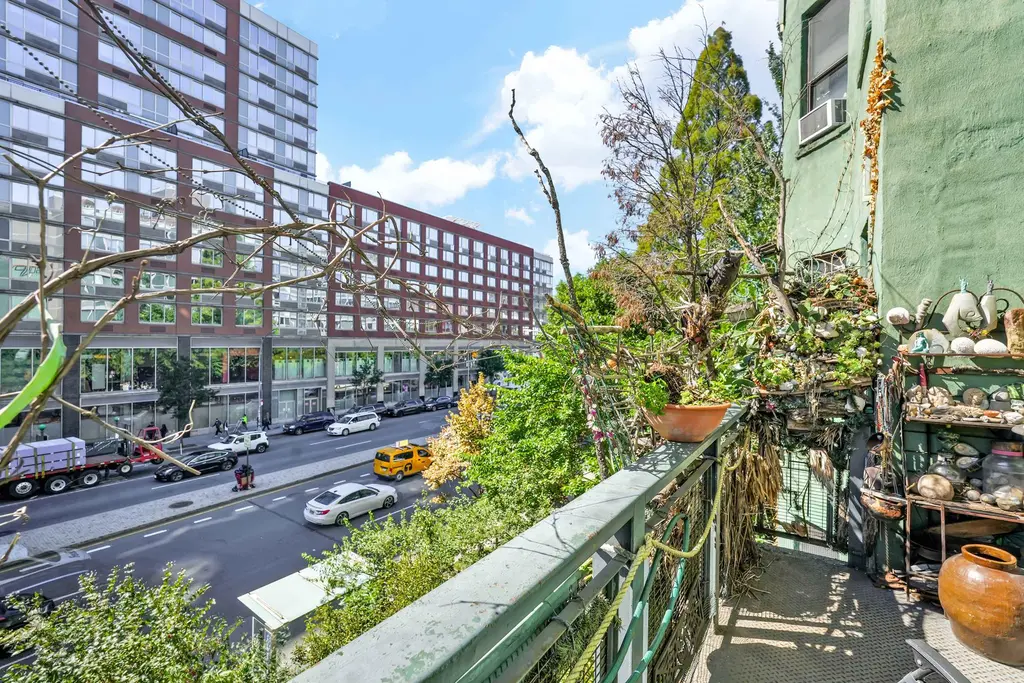
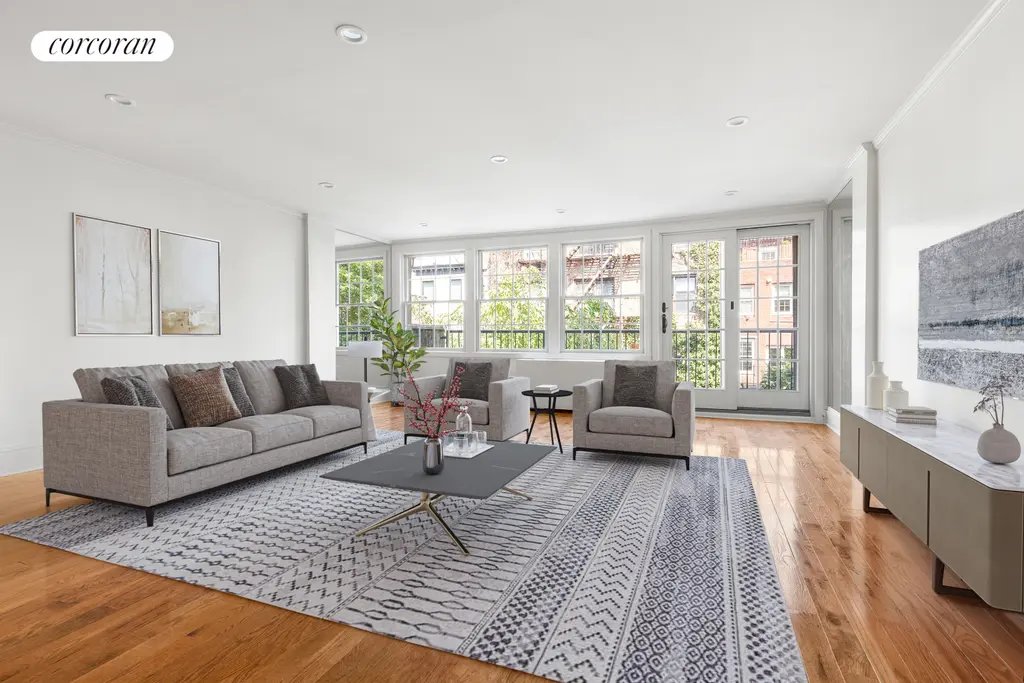
241 East 31st Street, #2 (Corcoran Group)
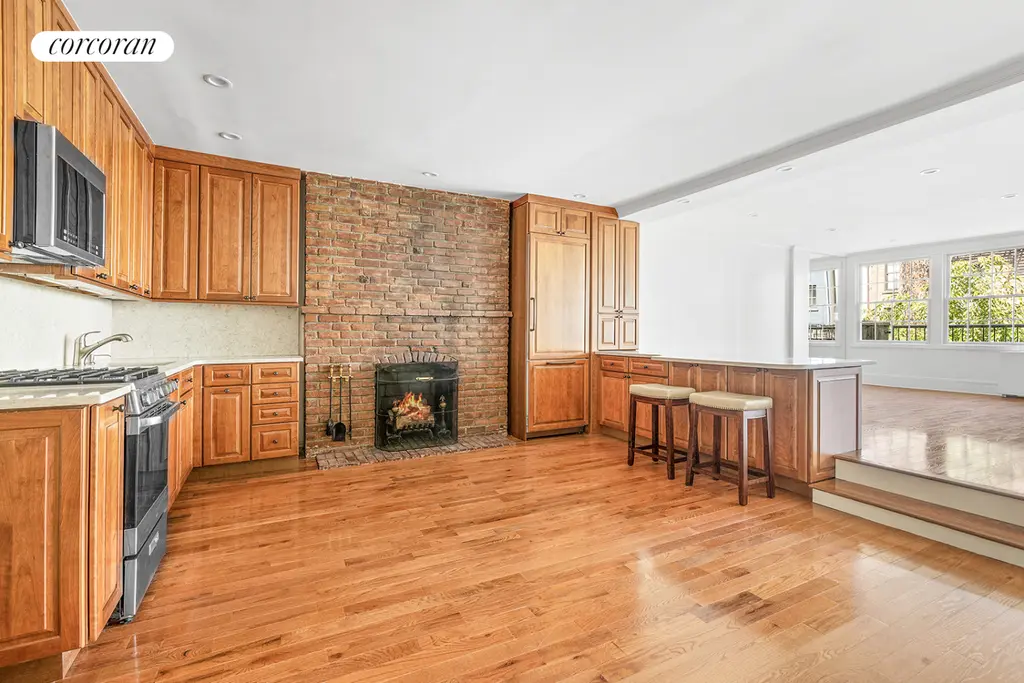
241 East 31st Street, #2 (Corcoran Group)
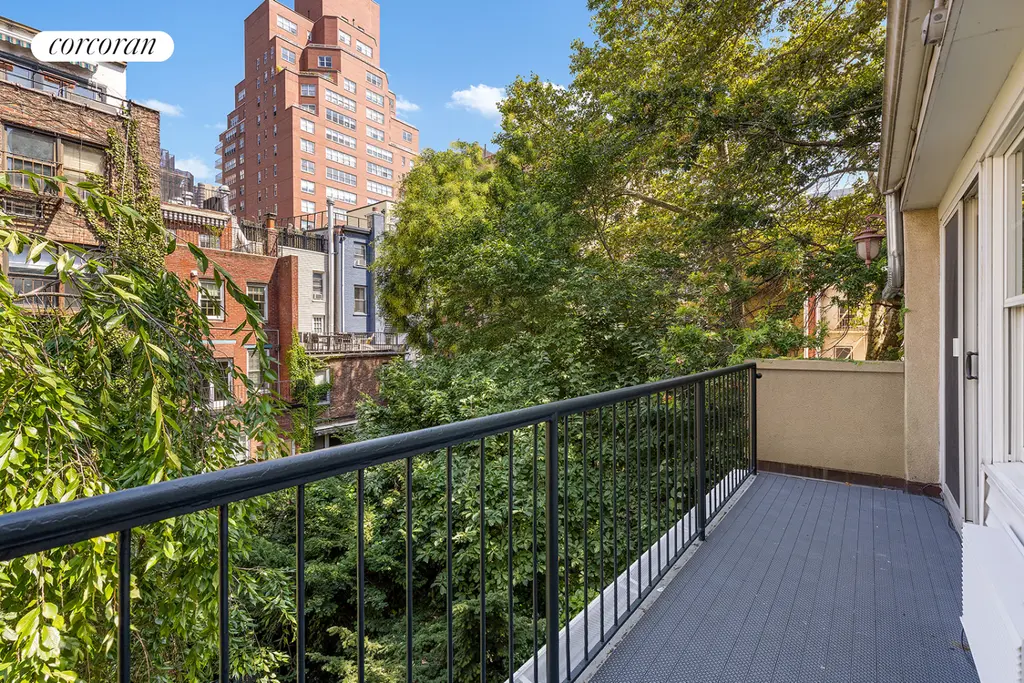
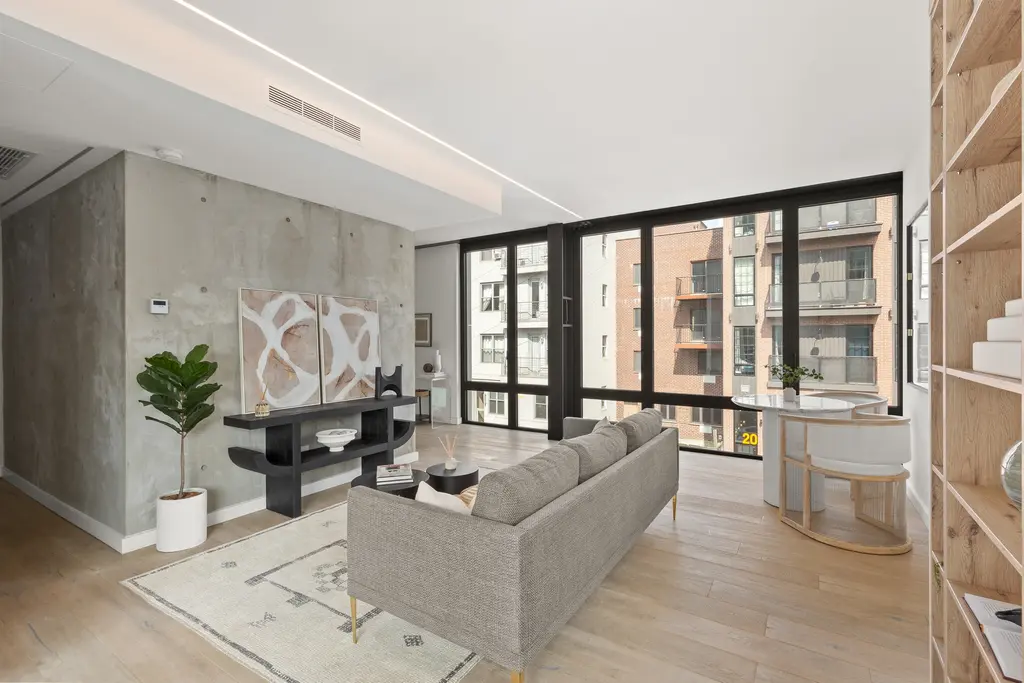
29 Havemeyer Street, #4A (Nest Seekers LLC)
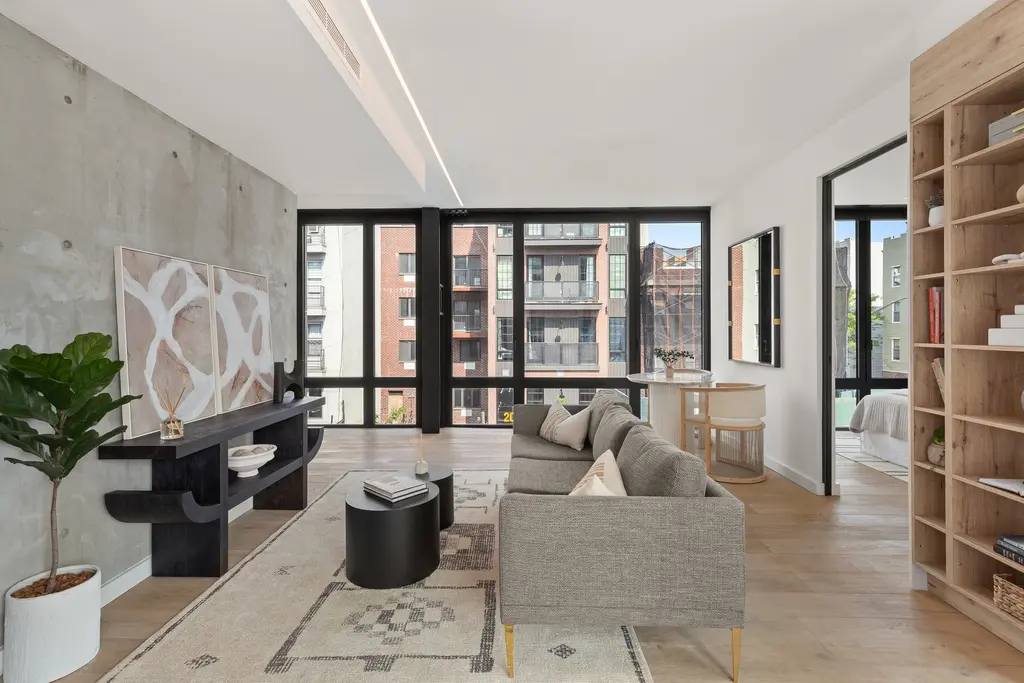
29 Havemeyer Street, #4A (Nest Seekers LLC)
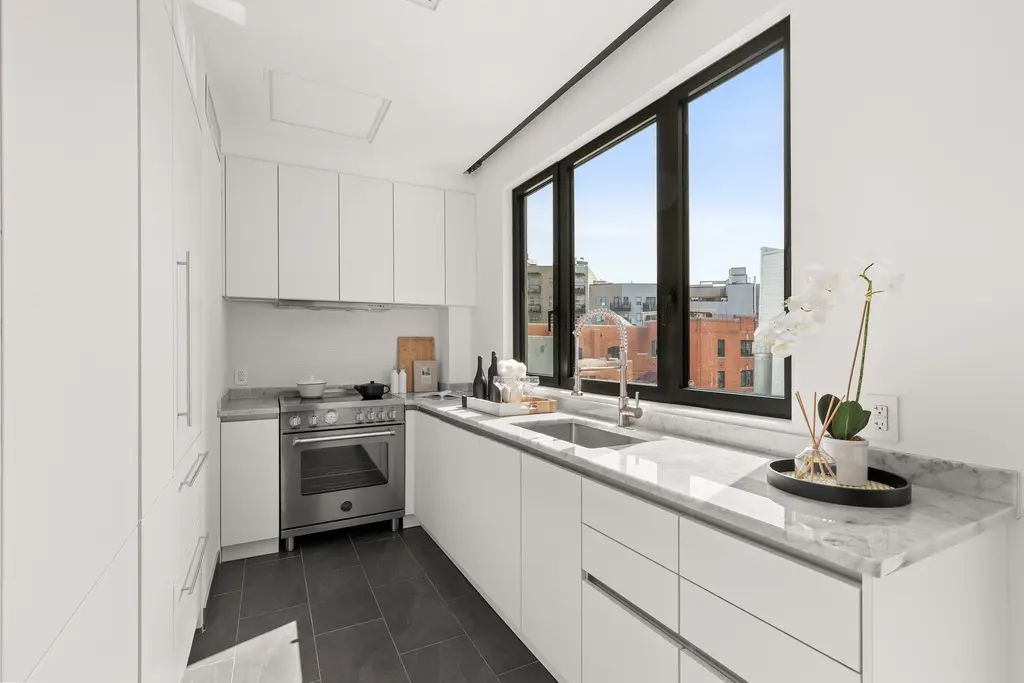
Brooklyn Point, #15F
$1,908,000 (-3.4%)
Downtown Brooklyn | Condominium | 2 Bedrooms, 2 Baths | 1,185 ft2
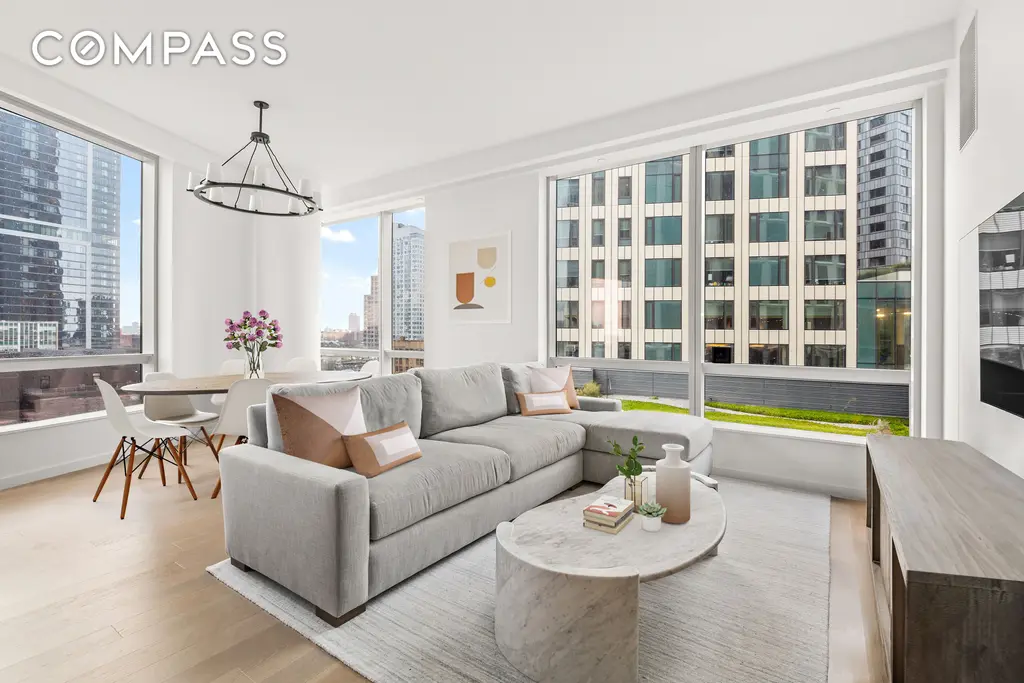
Brooklyn Point, #15F (Compass)
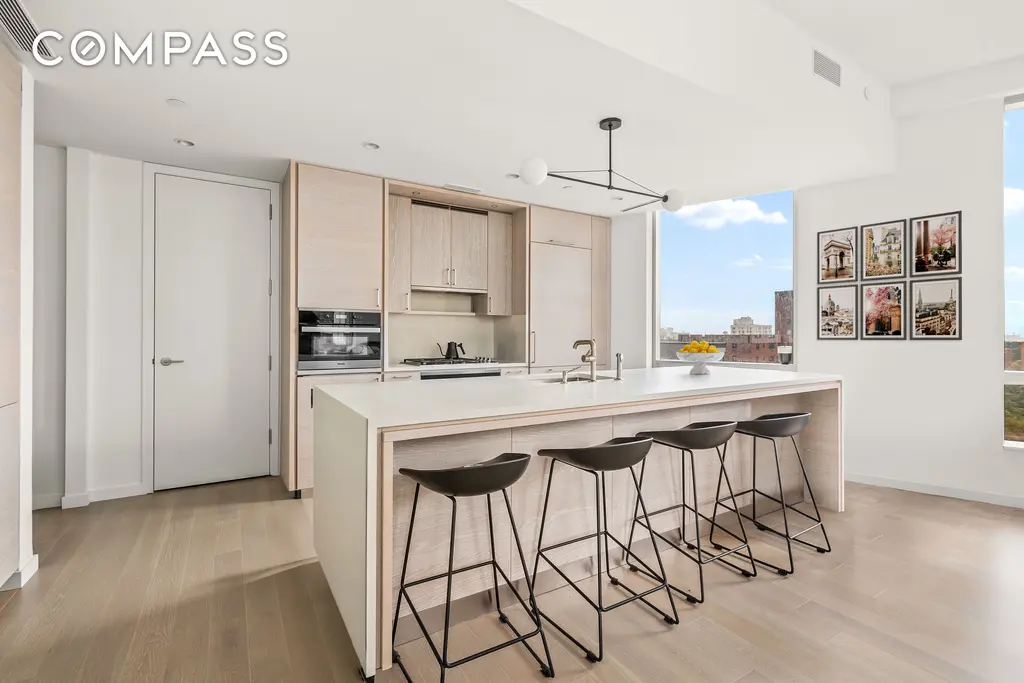
Brooklyn Point, #15F (Compass)
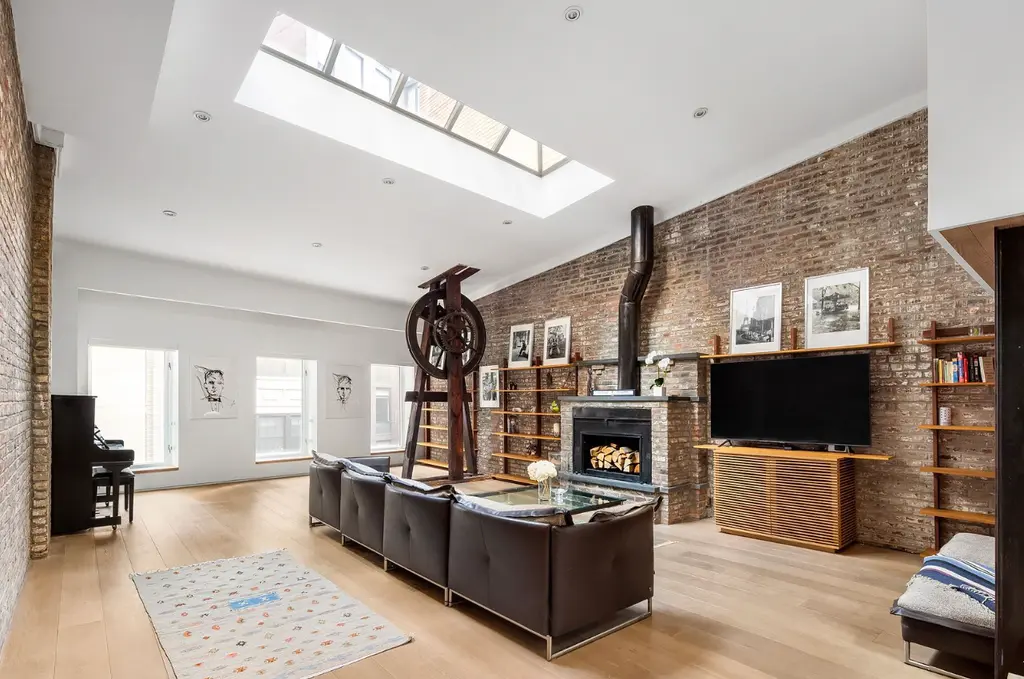
28 Cliff Street, #4 (Serhant LLC)
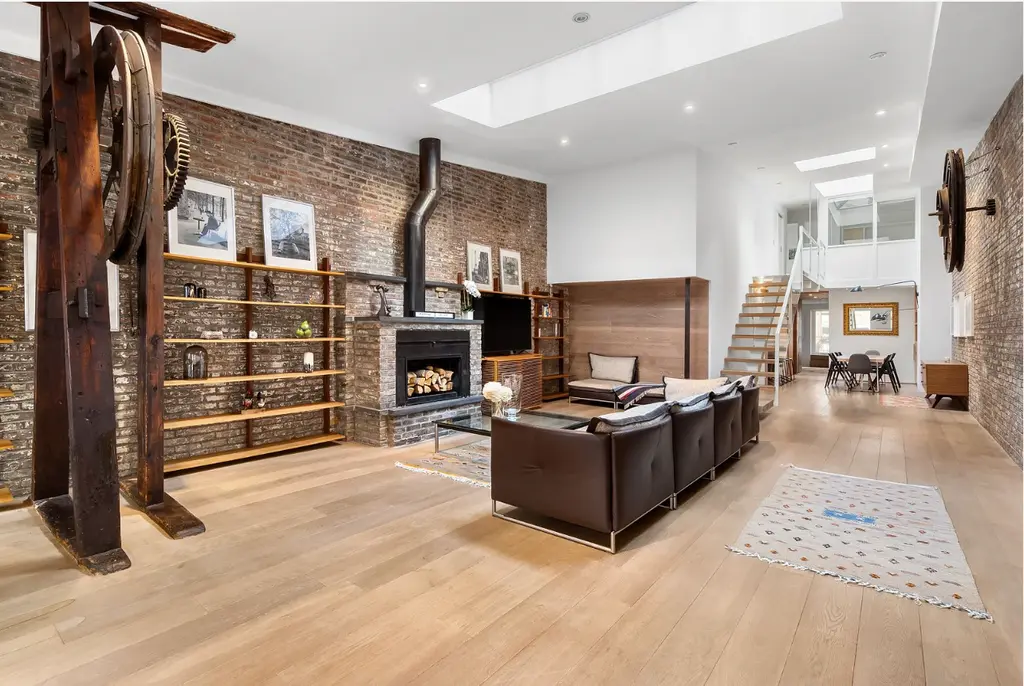
28 Cliff Street, #4 (Serhant LLC)
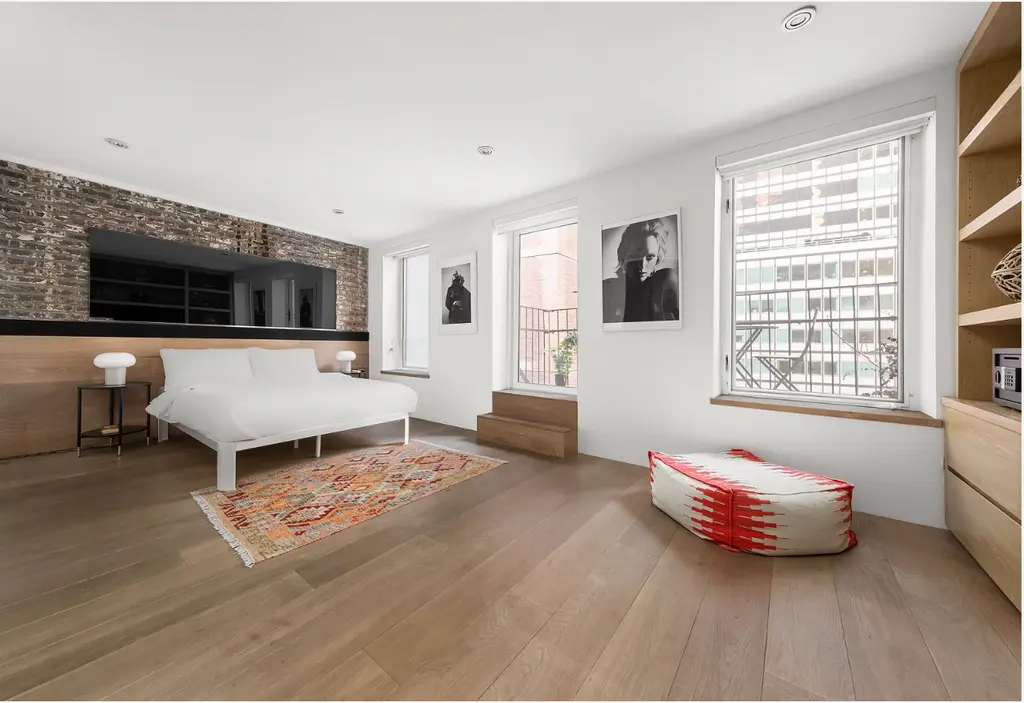
110 1st Place, #1
$2,850,000 (-4.8%)
Carroll Gardens | Condominium | 2 Bedrooms, 2.5 Baths | 2,812 ft2
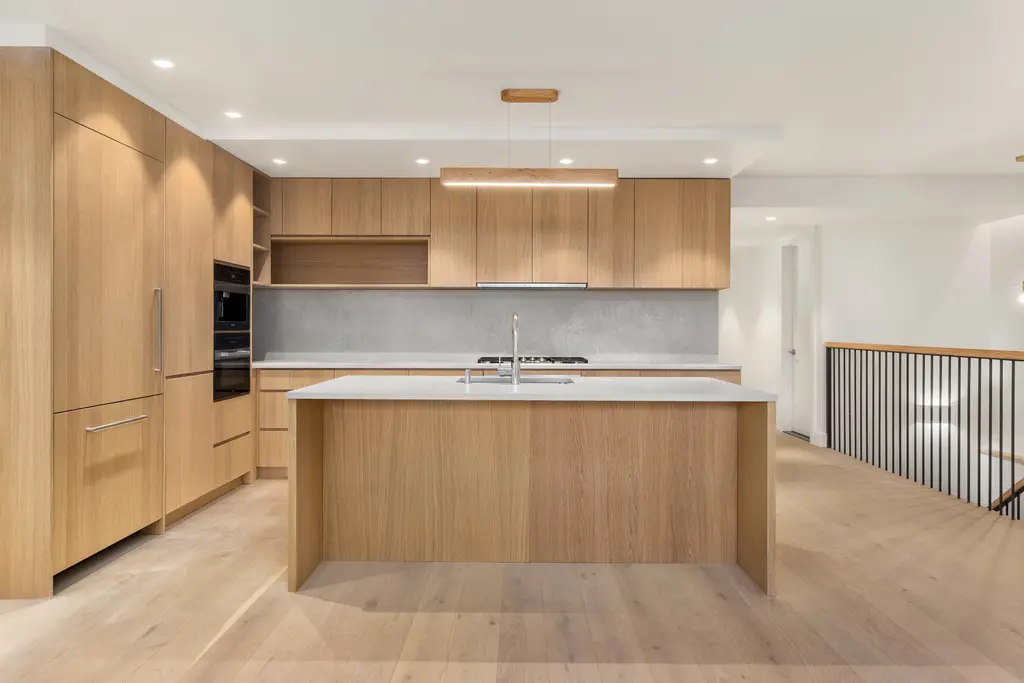
110 1st Place, #1 (Park Property Advisors)


110 1st Place, #1 (Park Property Advisors)
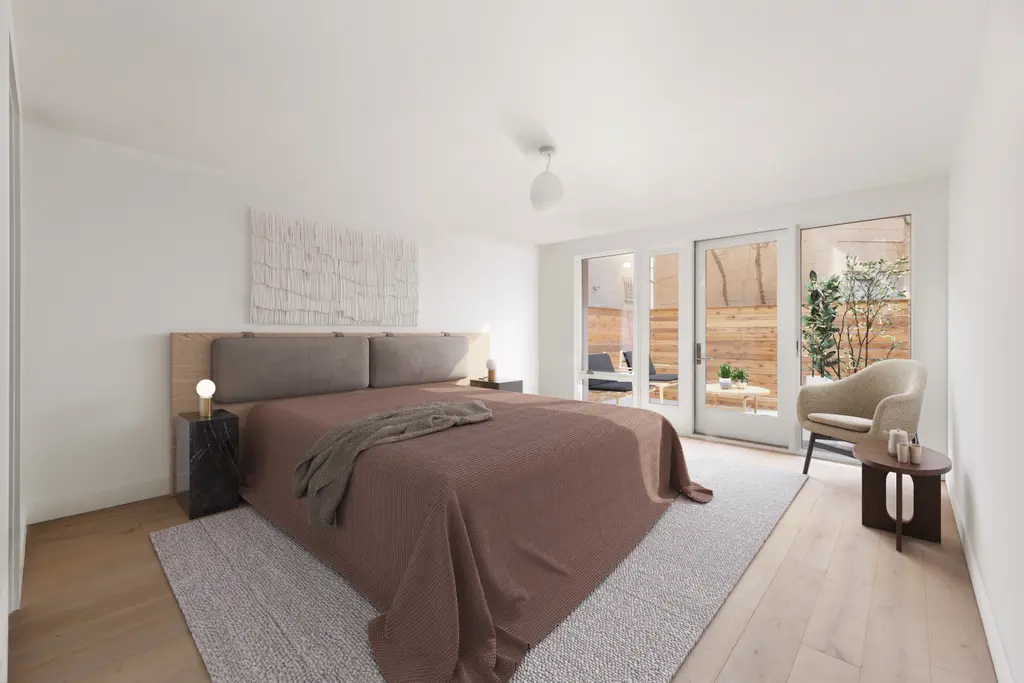
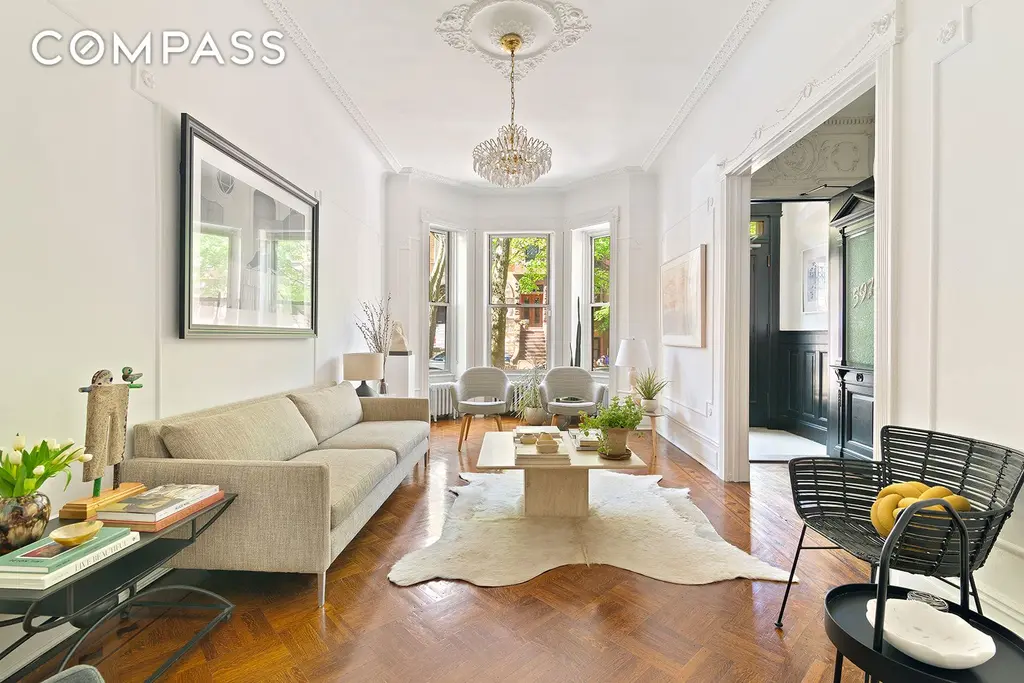
597 5th Street, #TH (Compass)
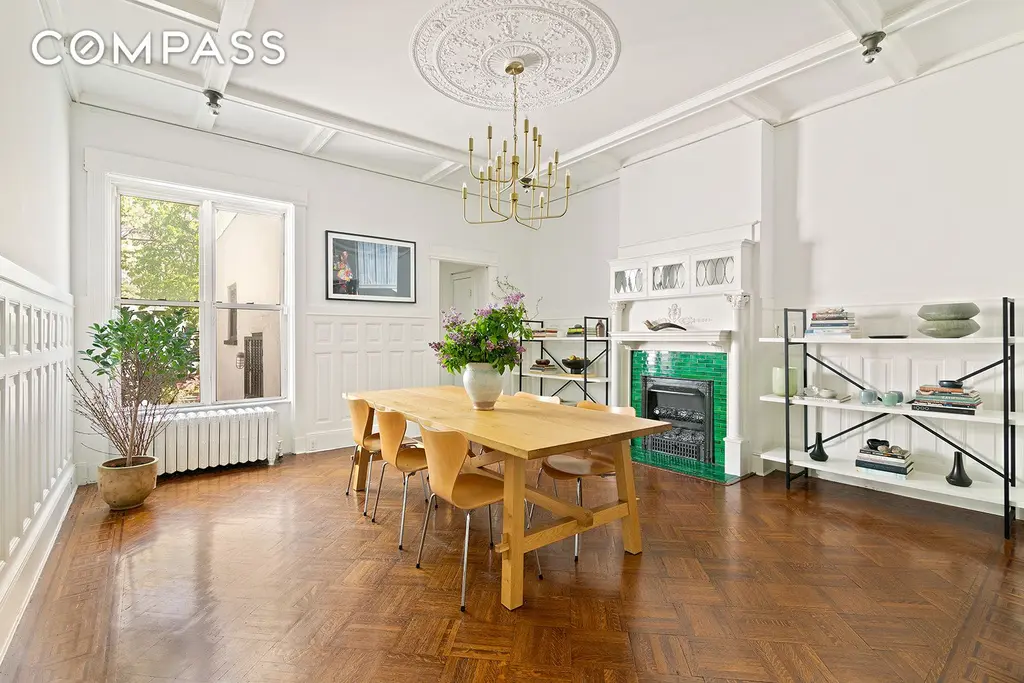
597 5th Street, # (Compass)
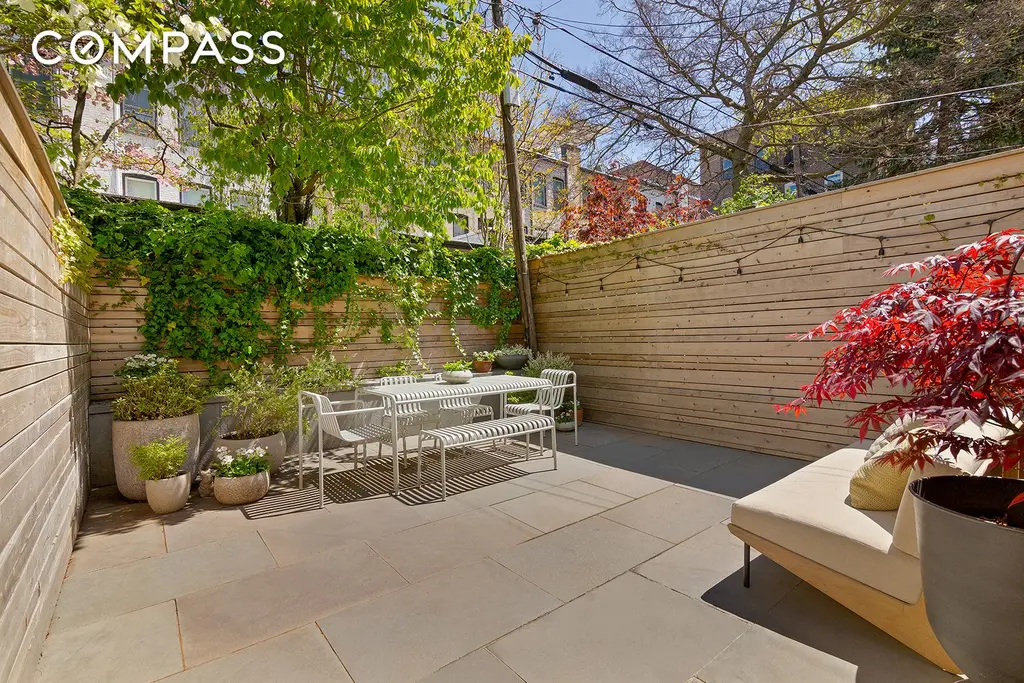
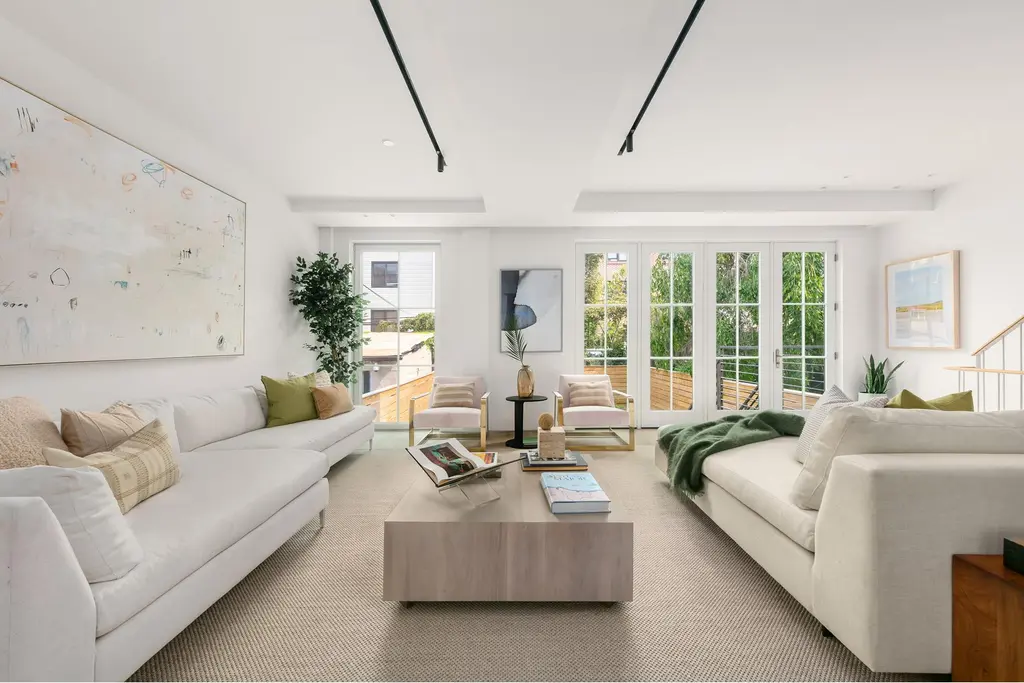
111 Noble Street, #TH (Douglas Elliman Real Estate)

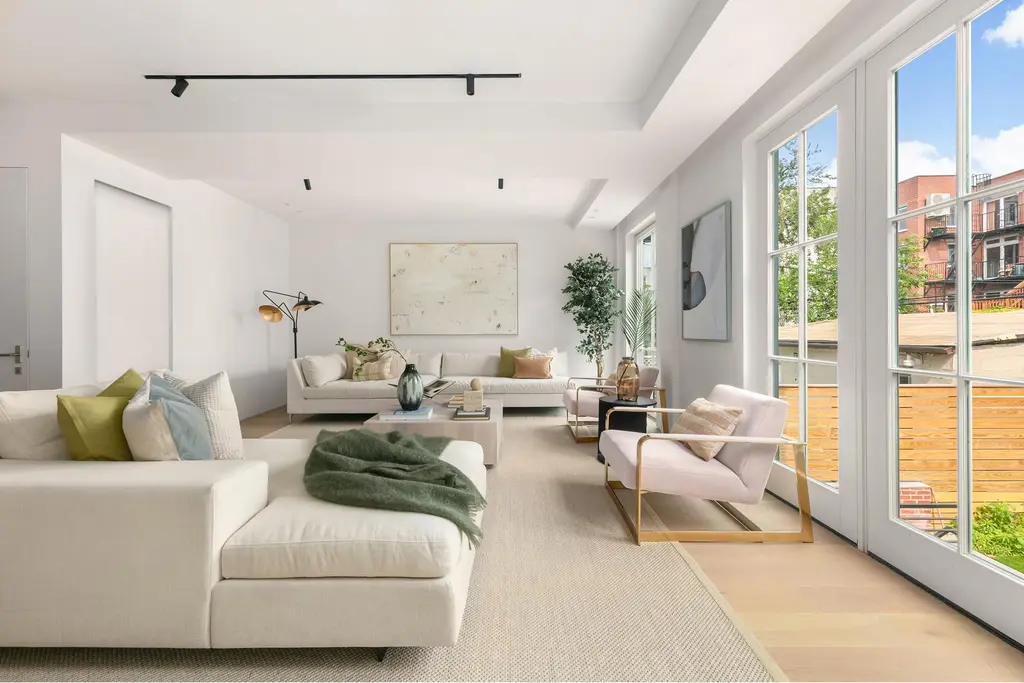
111 Noble Street, #TH (Douglas Elliman Real Estate)
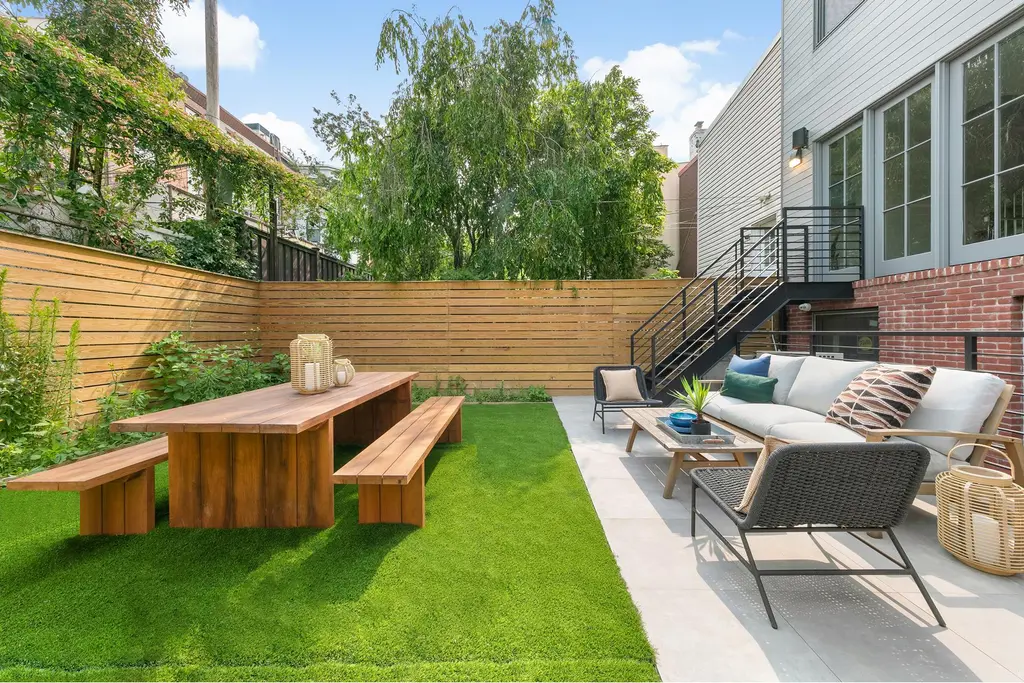
Would you like to tour any of these properties?
Just complete the info below.
Or call us at (212) 755-5544
Would you like to tour any of these properties?

Contributing Writer
Cait Etherington
Cait Etherington has over twenty years of experience working as a journalist and communications consultant. Her articles and reviews have been published in newspapers and magazines across the United States and internationally. An experienced financial writer, Cait is committed to exposing the human side of stories about contemporary business, banking and workplace relations. She also enjoys writing about trends, lifestyles and real estate in New York City where she lives with her family in a cozy apartment on the twentieth floor of a Manhattan high rise.





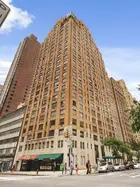


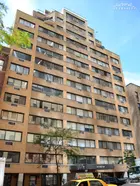
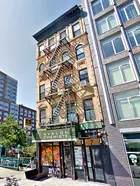
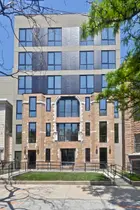








 6sqft delivers the latest on real estate, architecture, and design, straight from New York City.
6sqft delivers the latest on real estate, architecture, and design, straight from New York City.
